Away from Home Virtual Exhibition
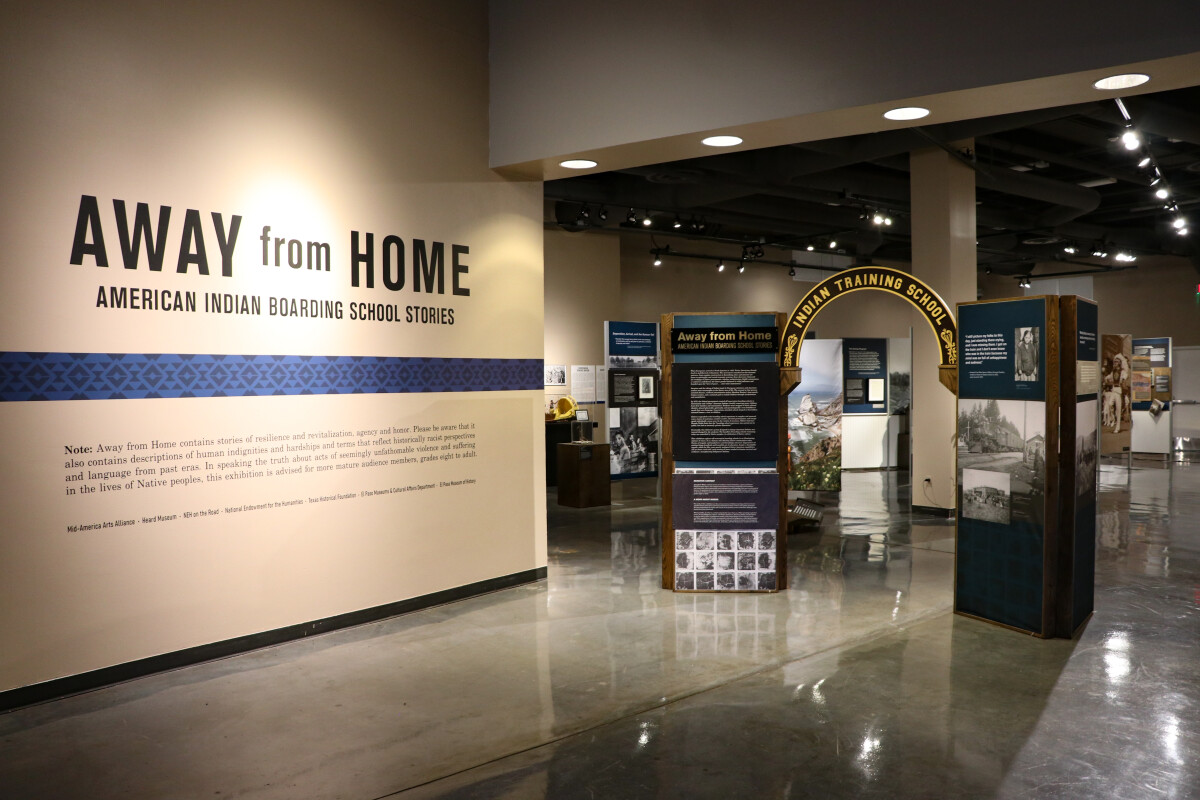
Away from Home Virtual Exhibition
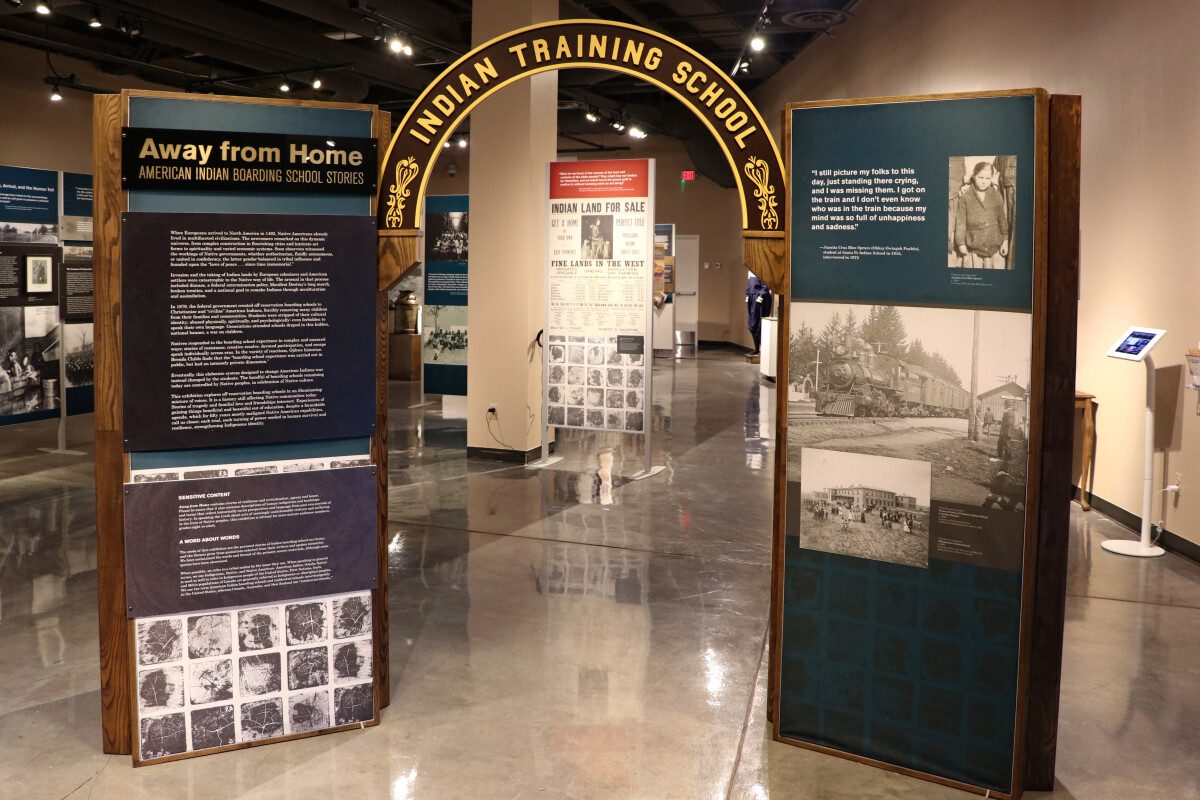
Away from Home Virtual Exhibition
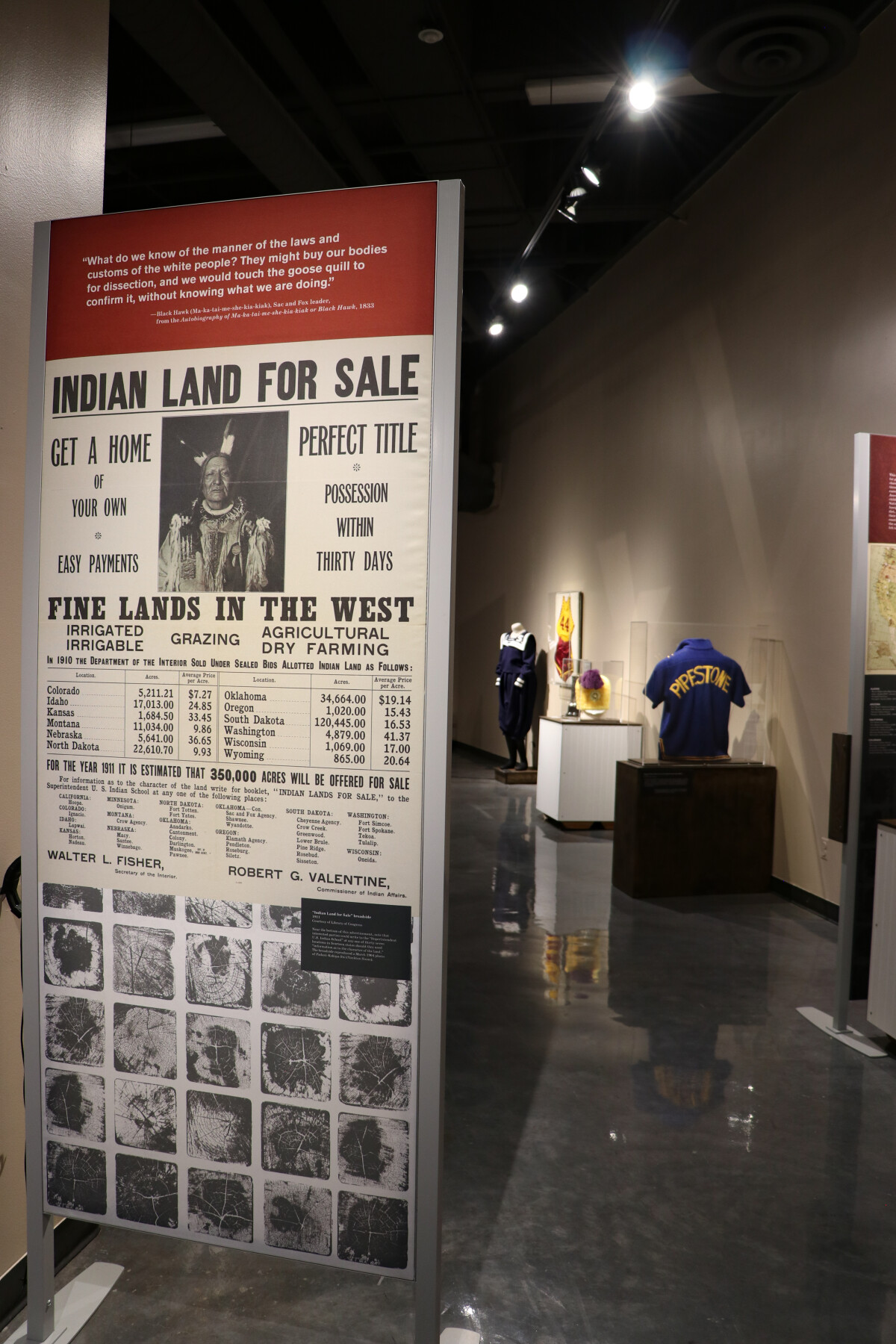
Away from Home Virtual Exhibition
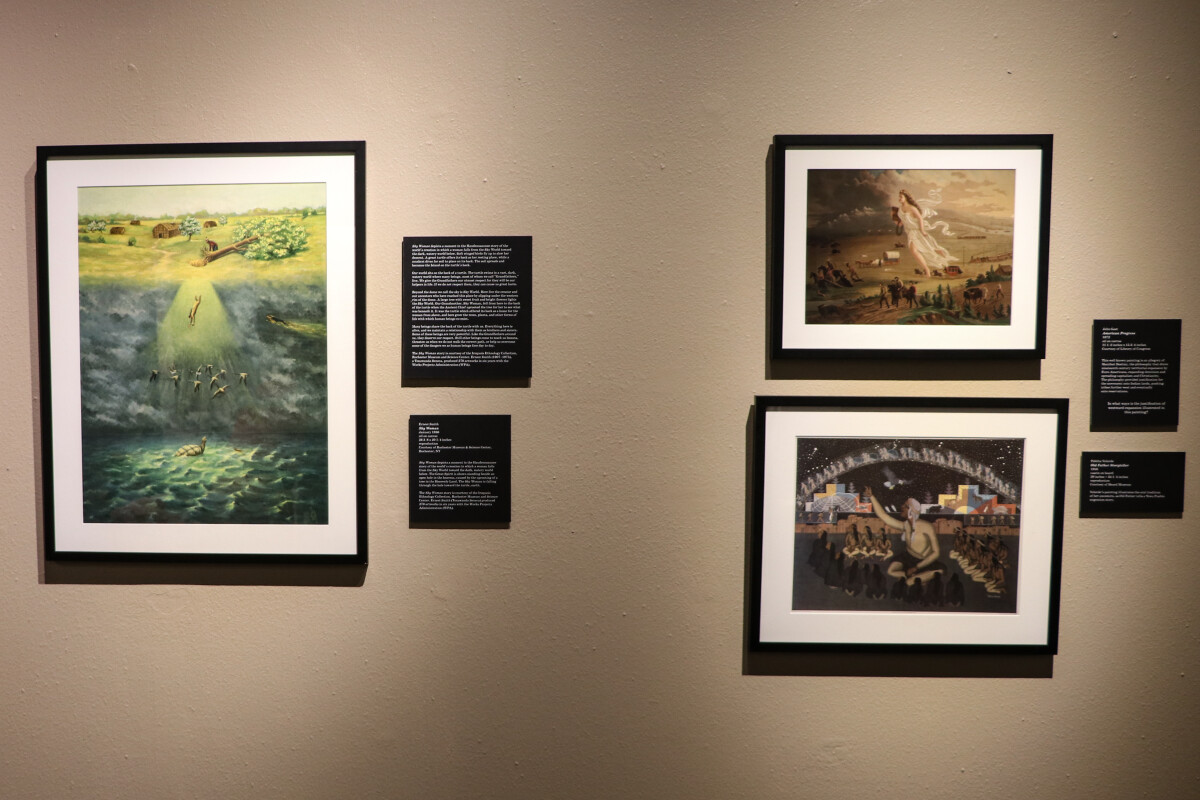
Away from Home Virtual Exhibition
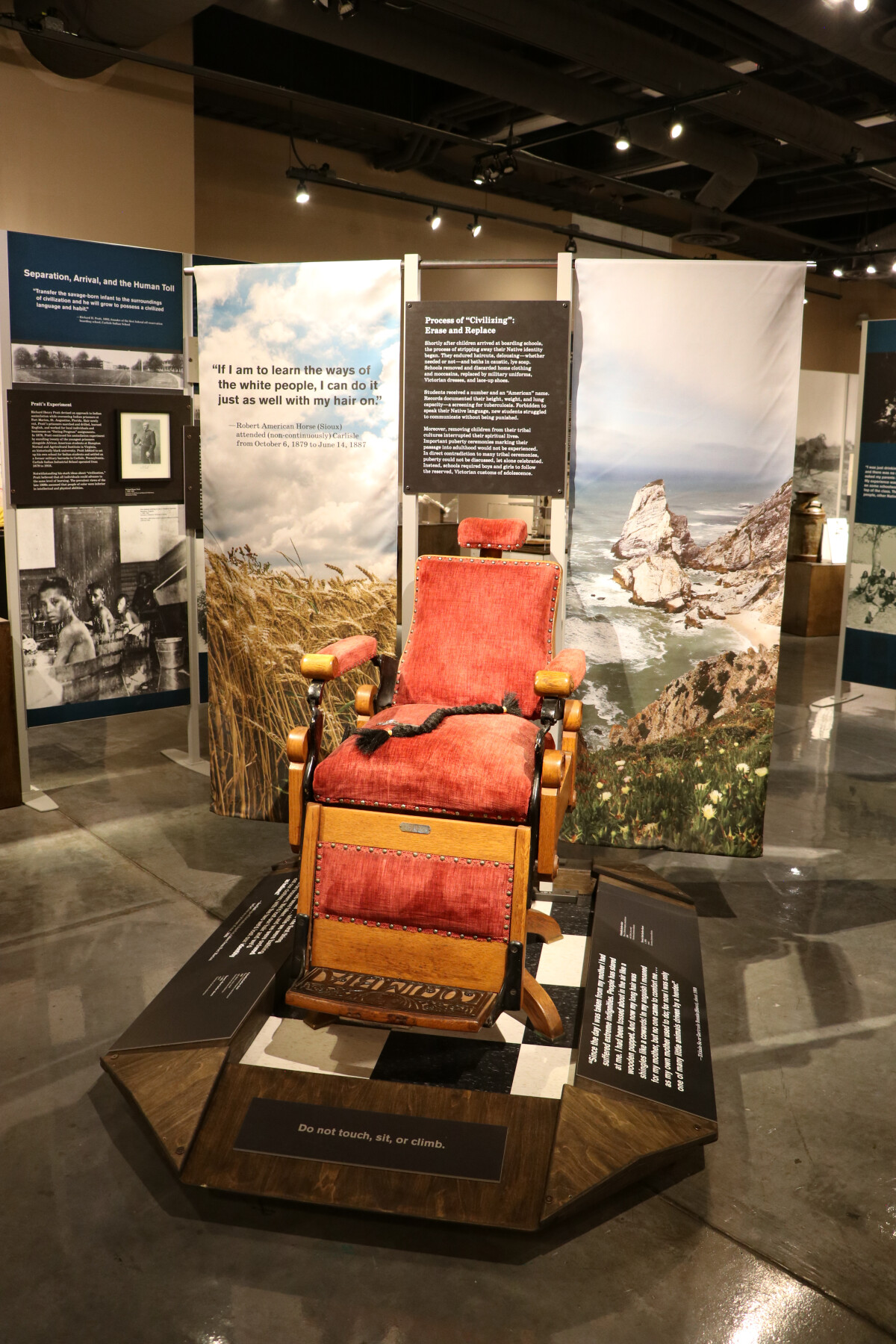
Away from Home Virtual Exhibition
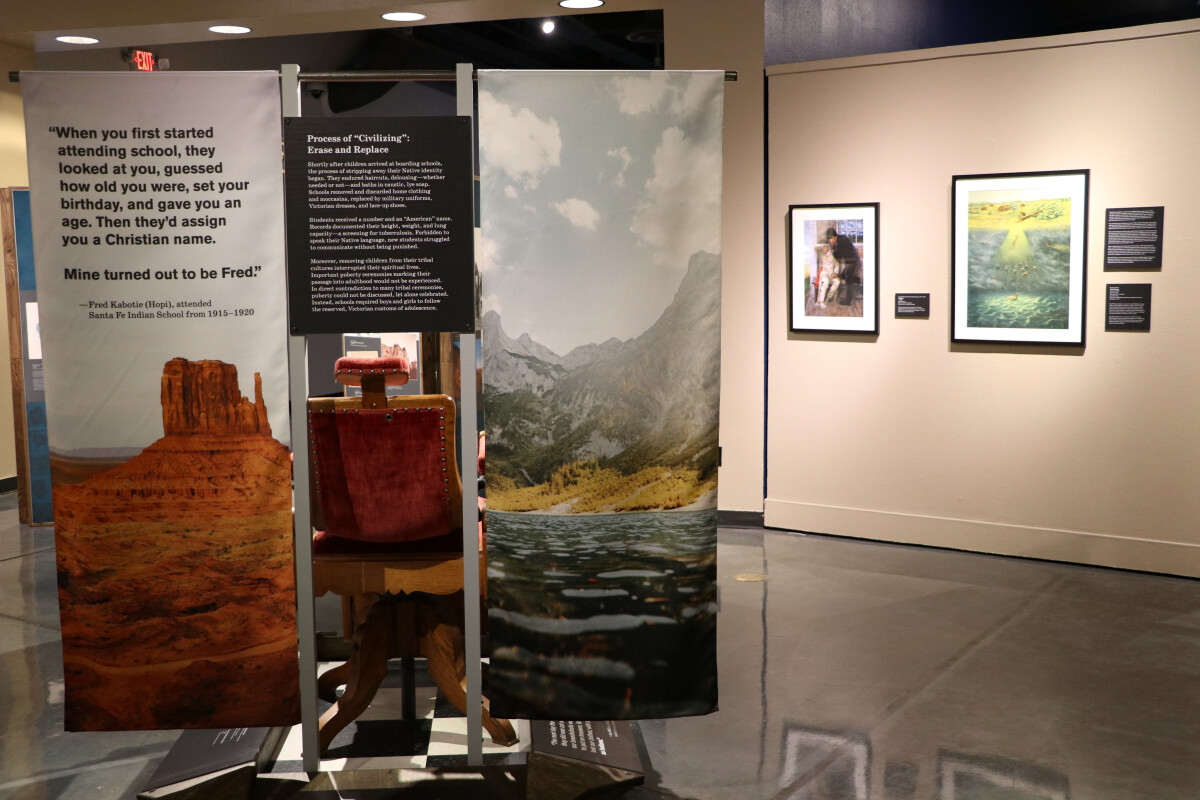
Away from Home Virtual Exhibition
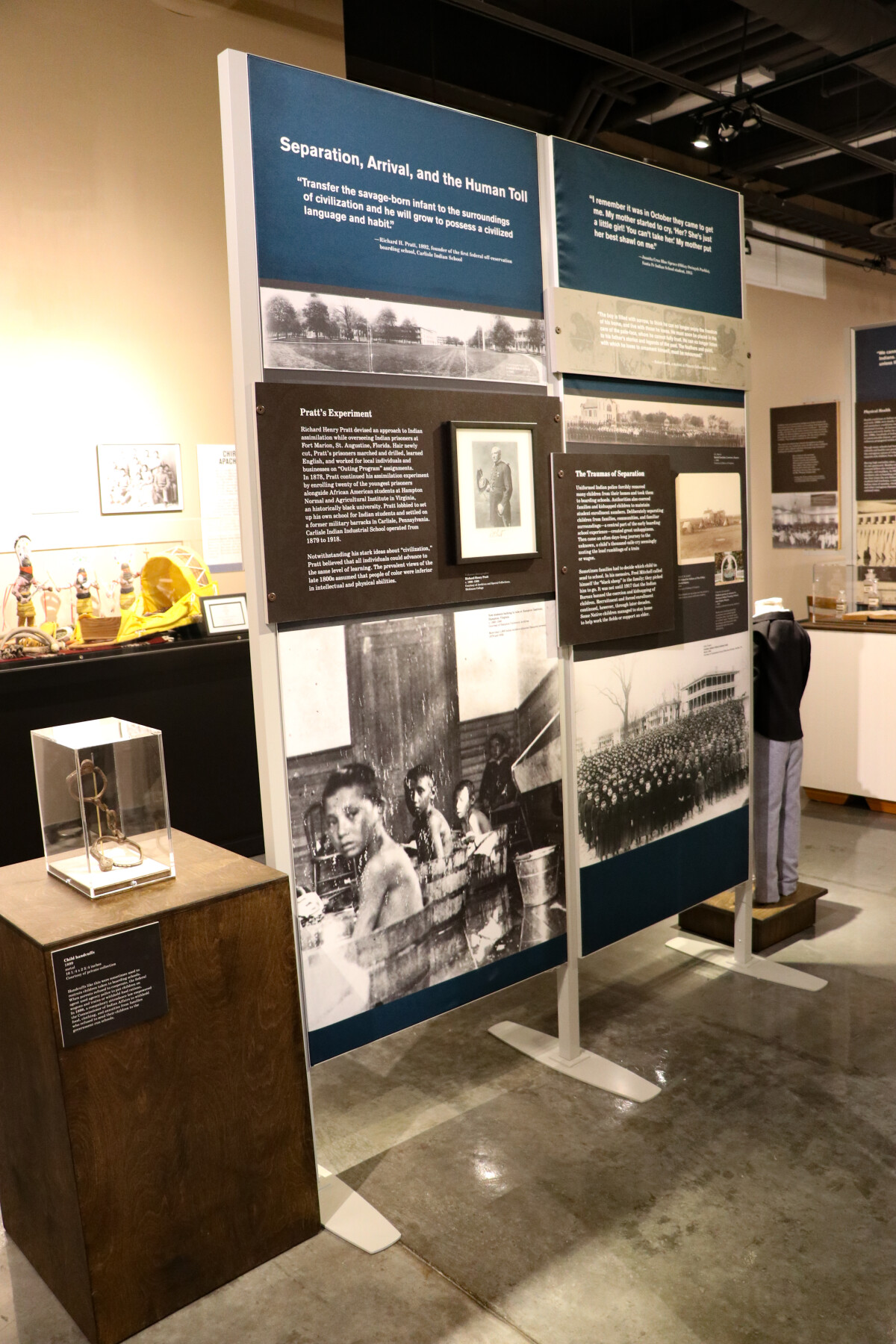
Away from Home Virtual Exhibition
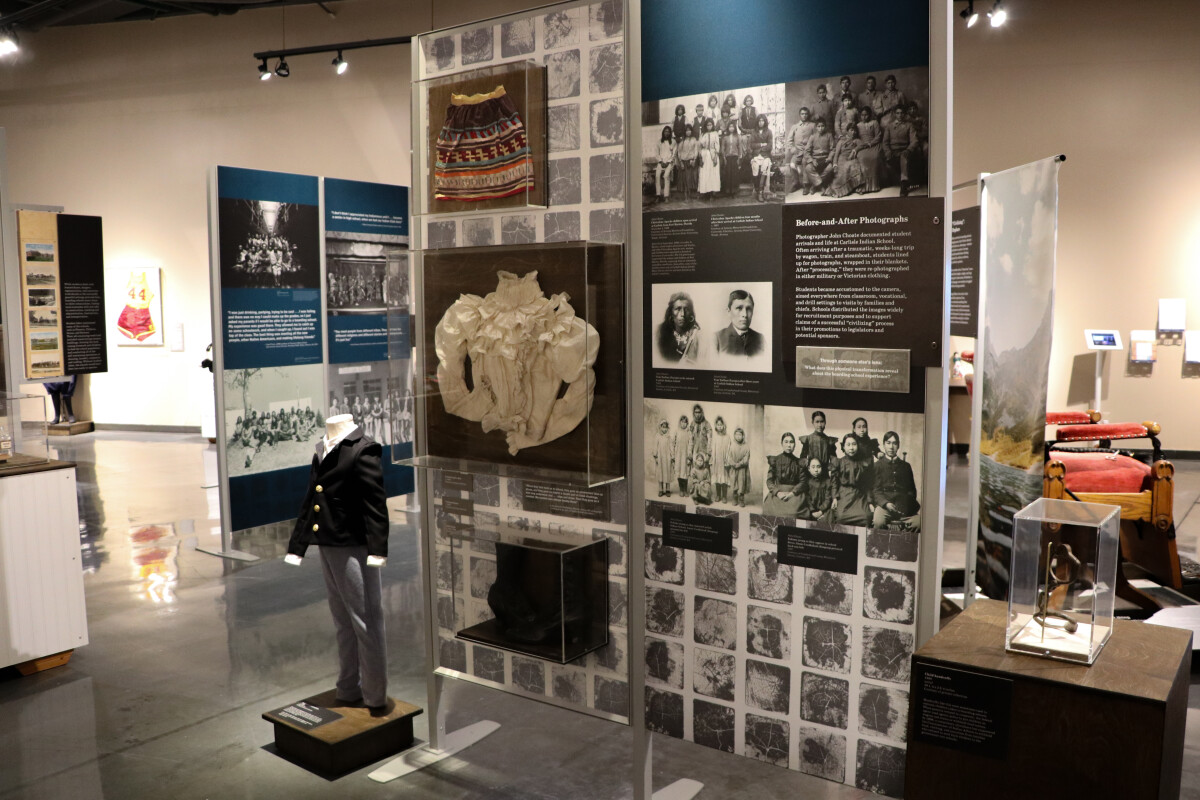
Away from Home Virtual Exhibition
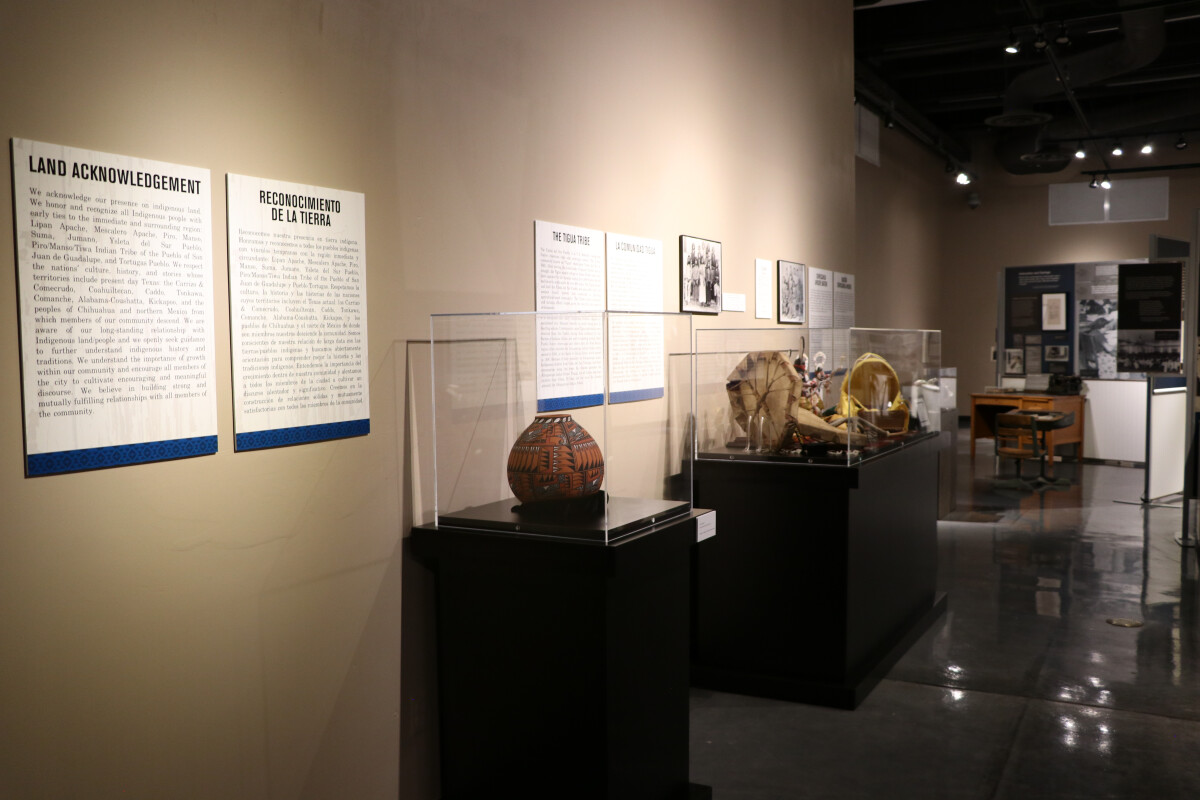
Away from Home Virtual Exhibition
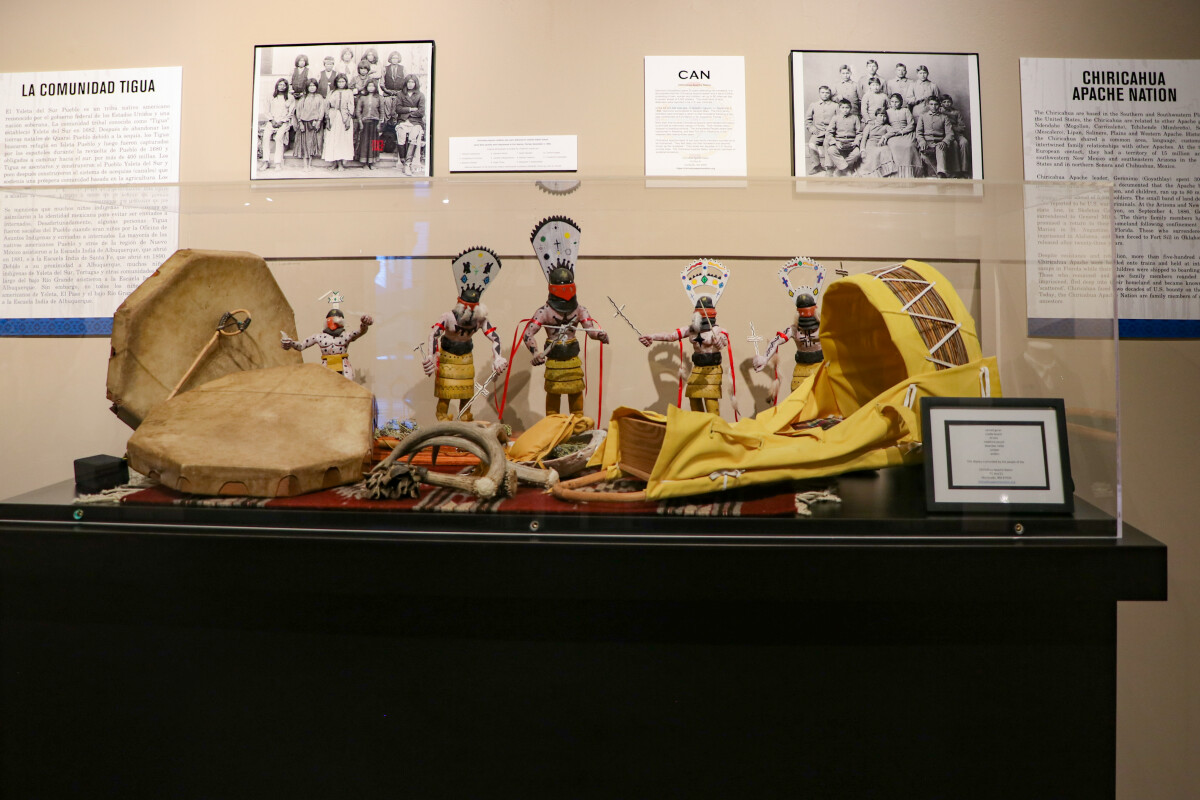
Away from Home Virtual Exhibition
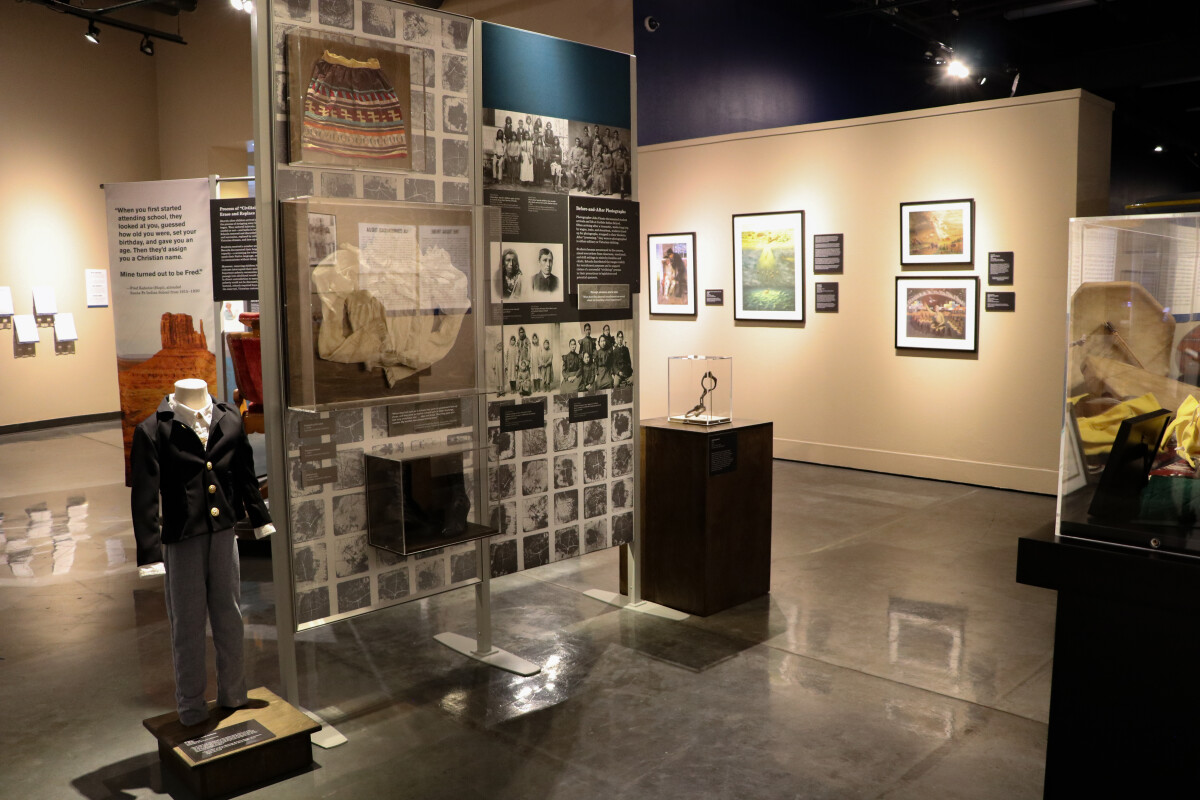
Away from Home Virtual Exhibition
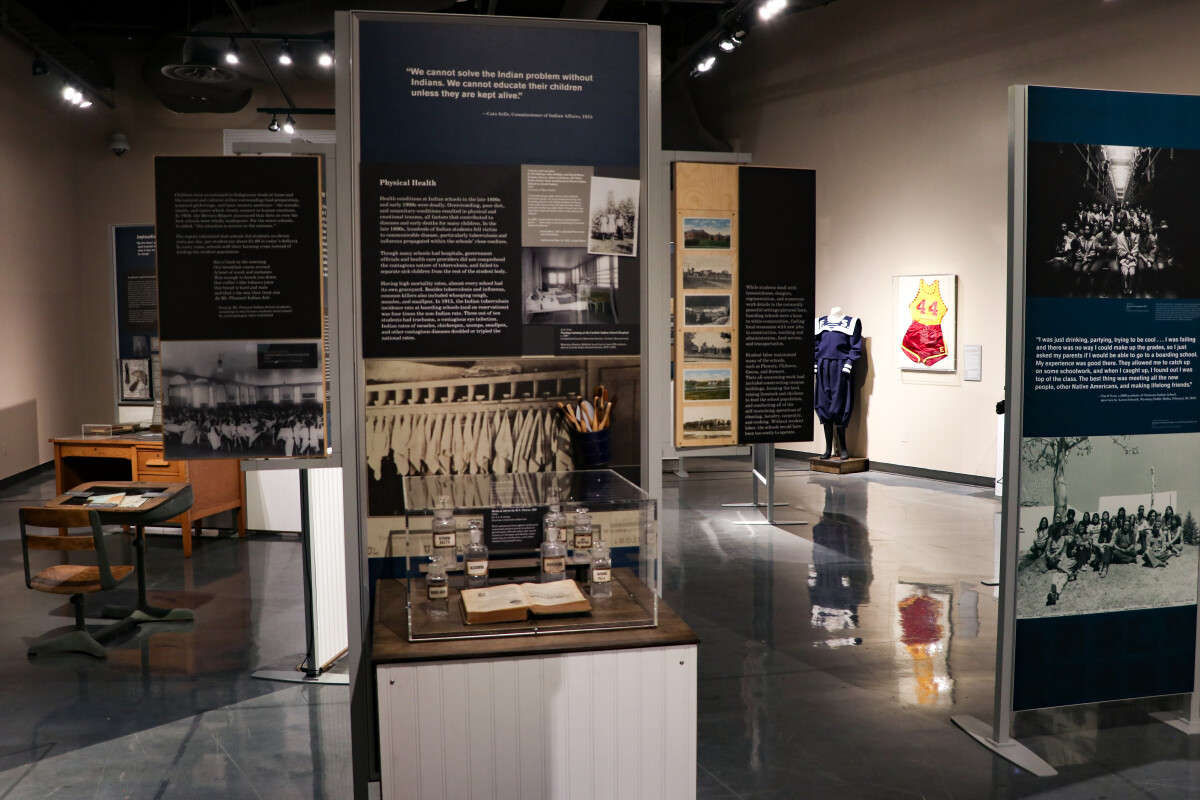
Away from Home Virtual Exhibition
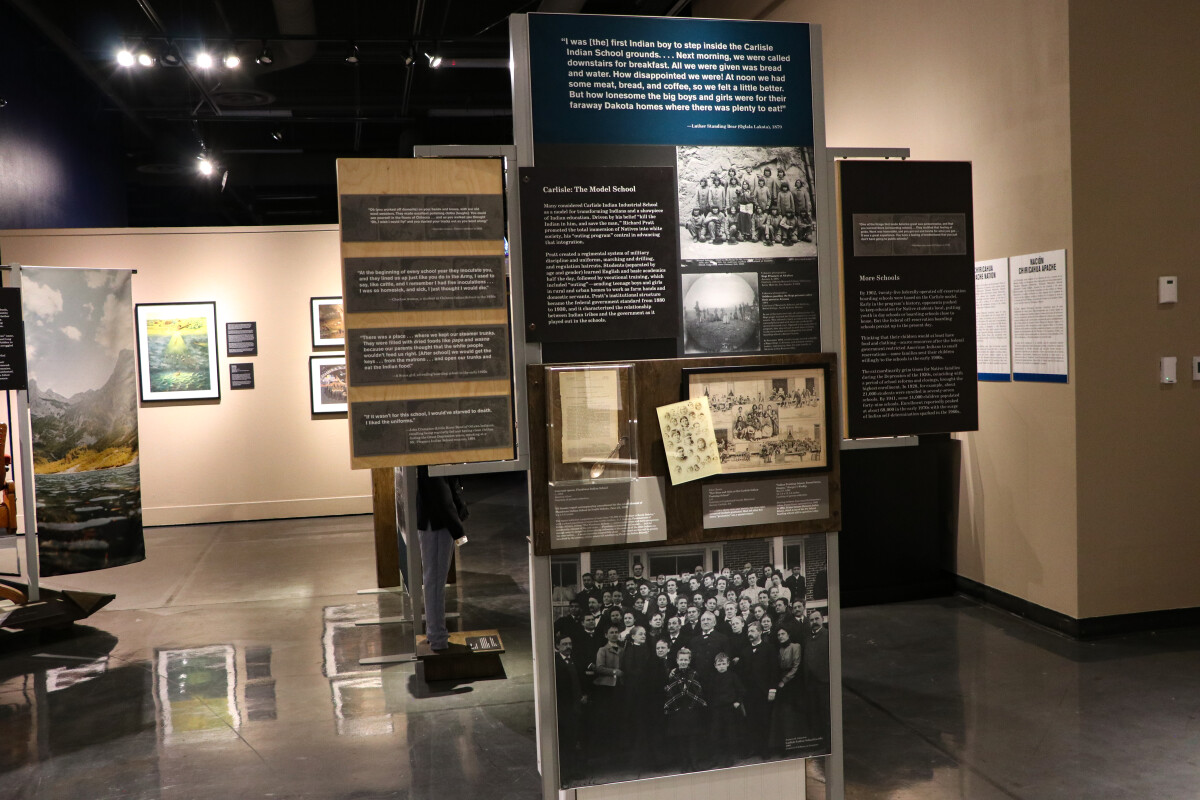
Away from Home Virtual Exhibition
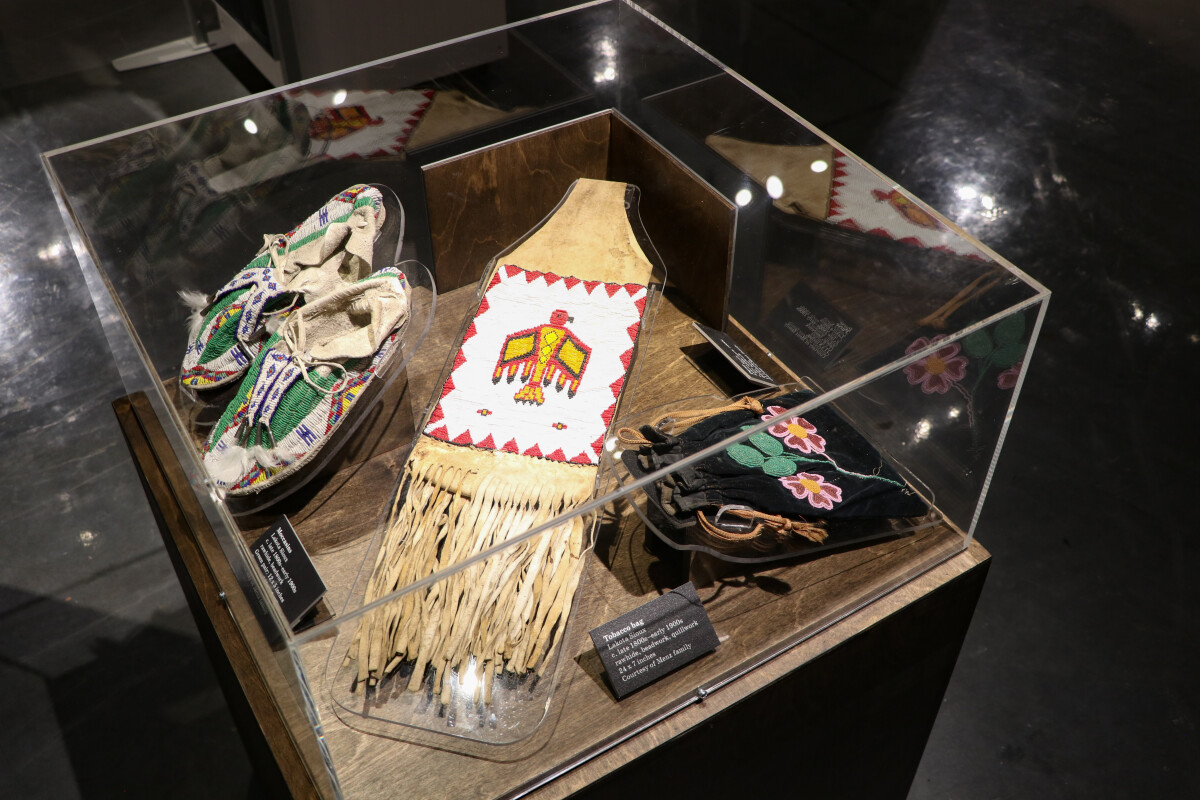
Away from Home Virtual Exhibition
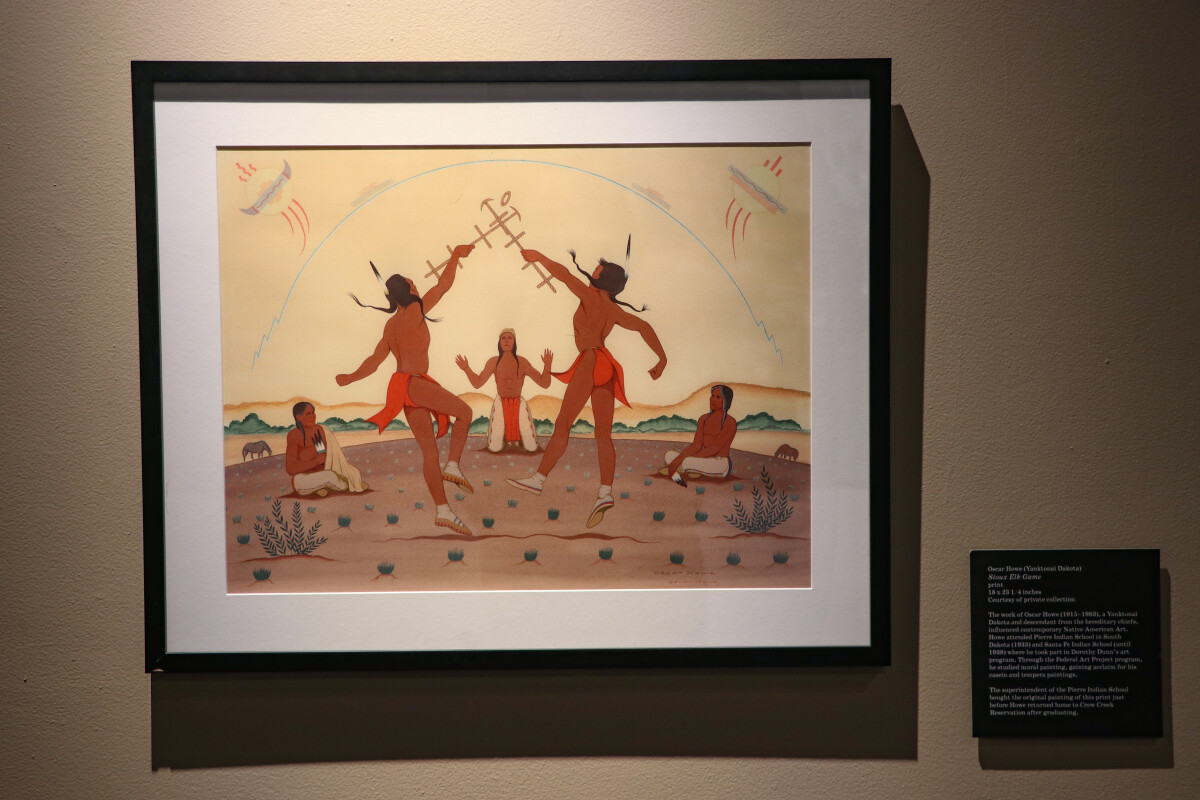
Away from Home Virtual Exhibition
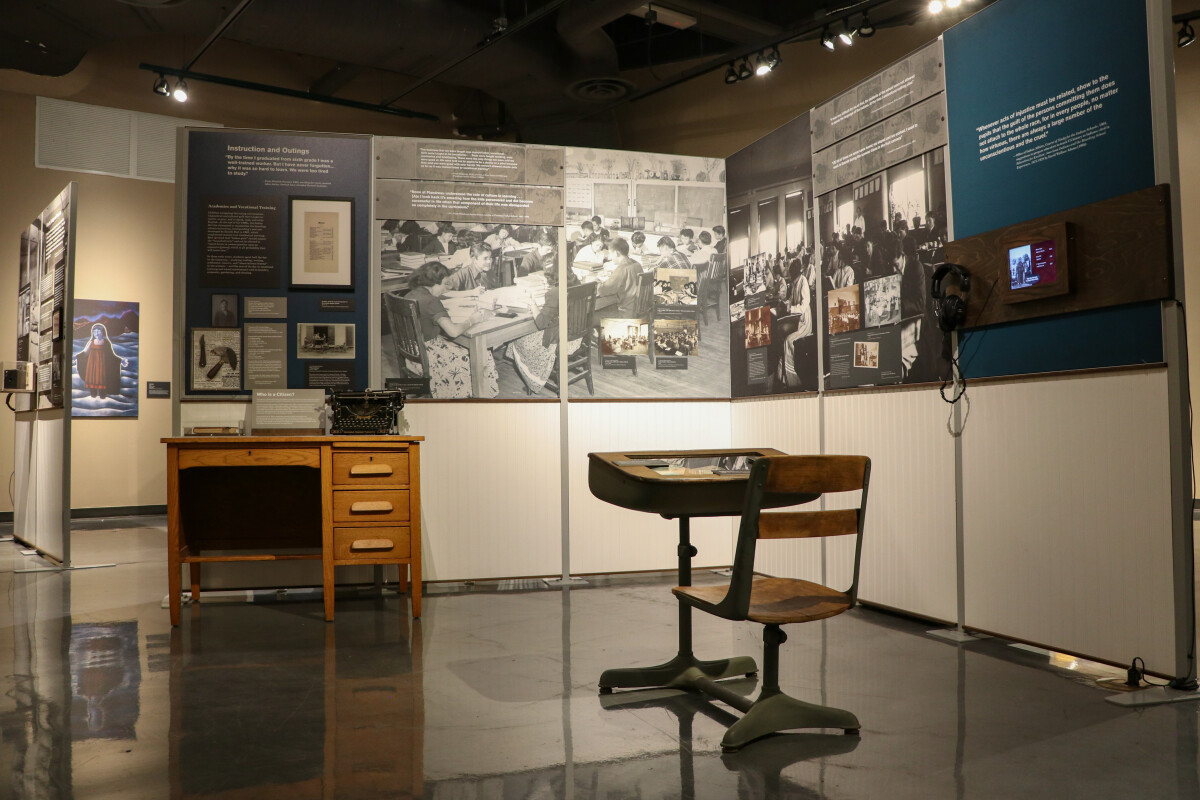
Away from Home Virtual Exhibition
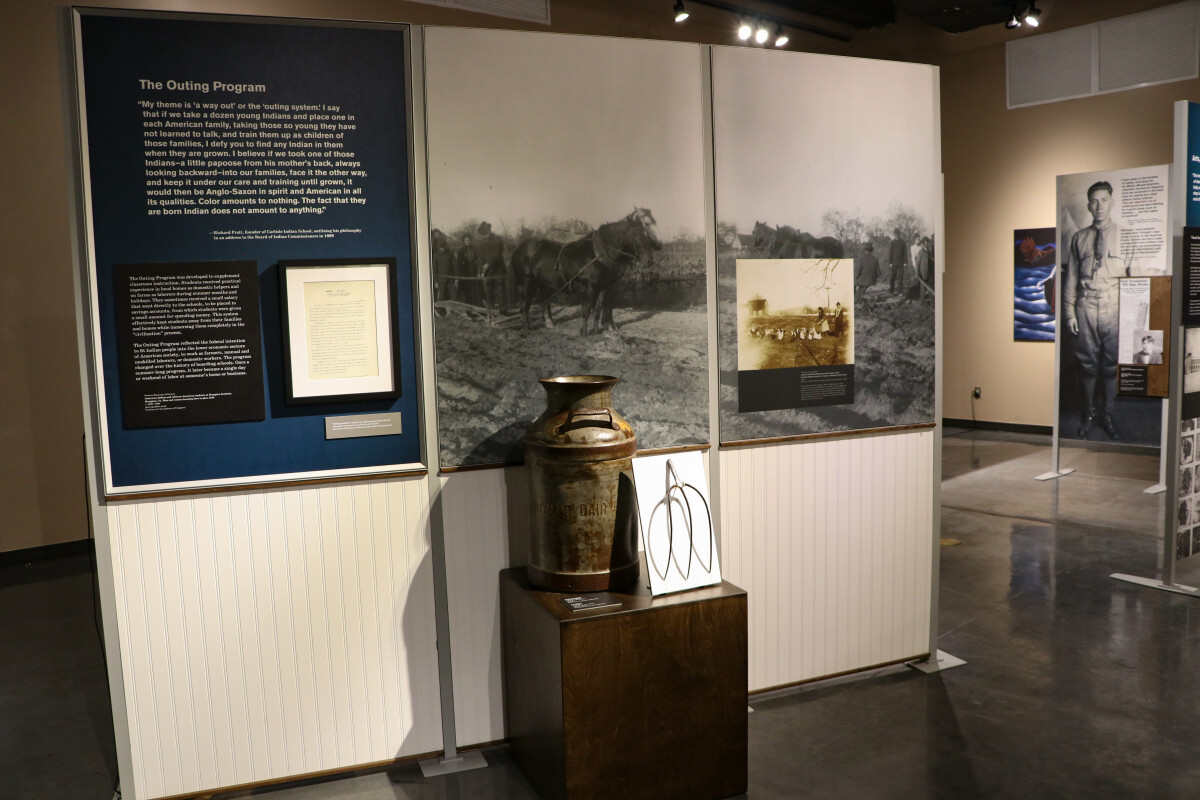
Away from Home Virtual Exhibition
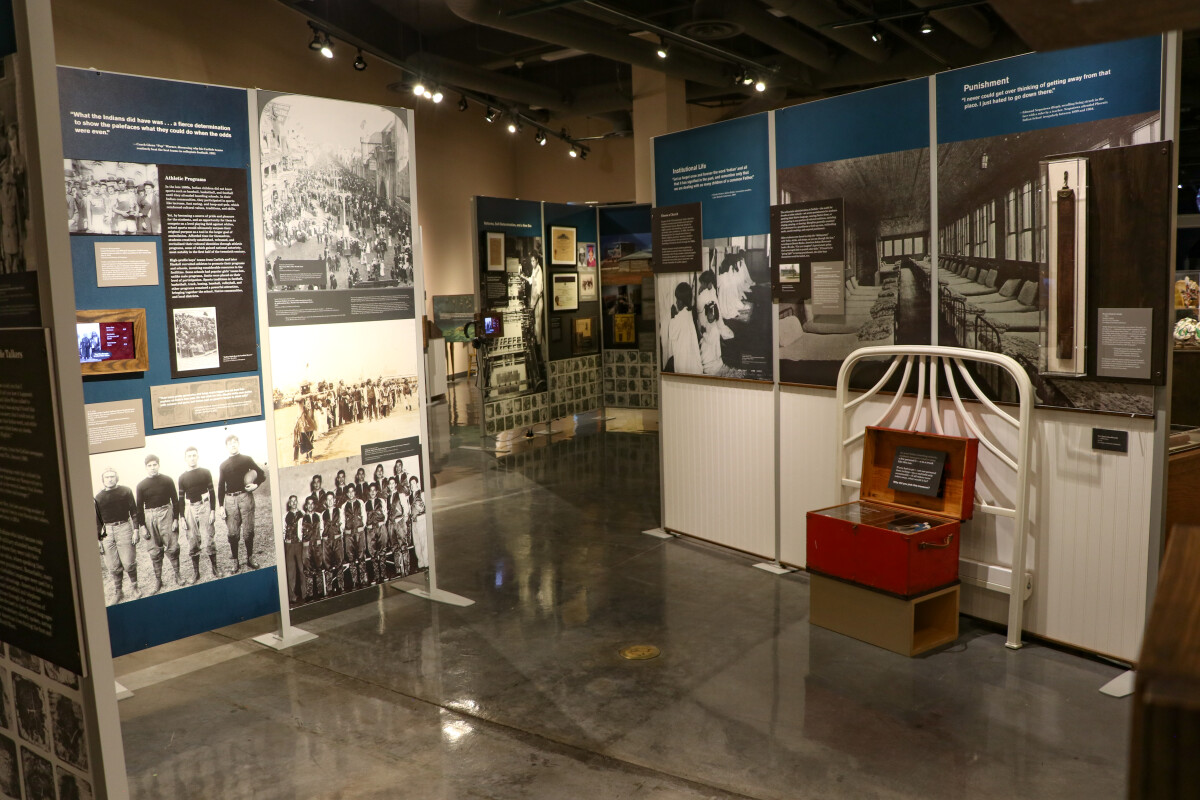
Away from Home Virtual Exhibition
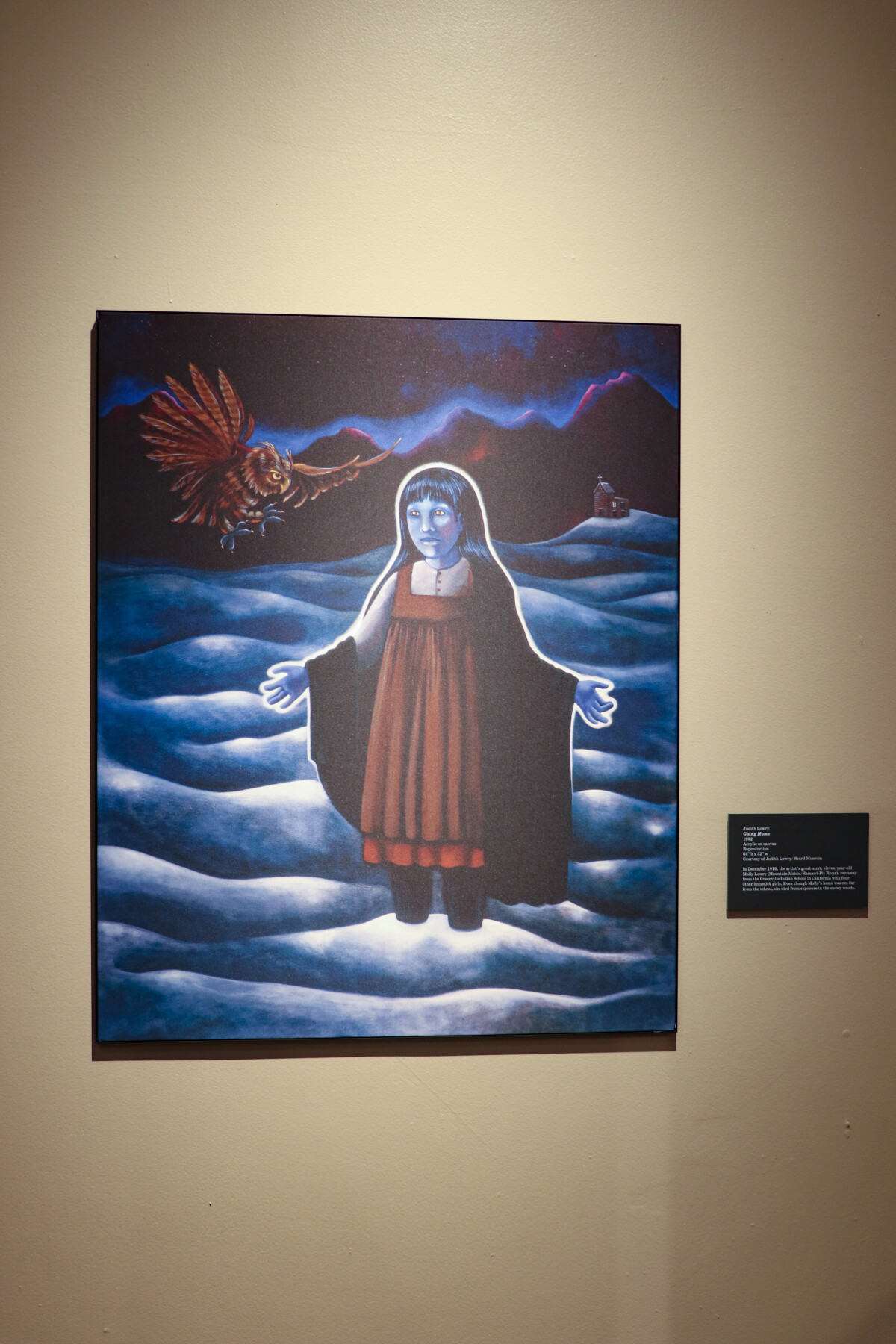
Away from Home Virtual Exhibition
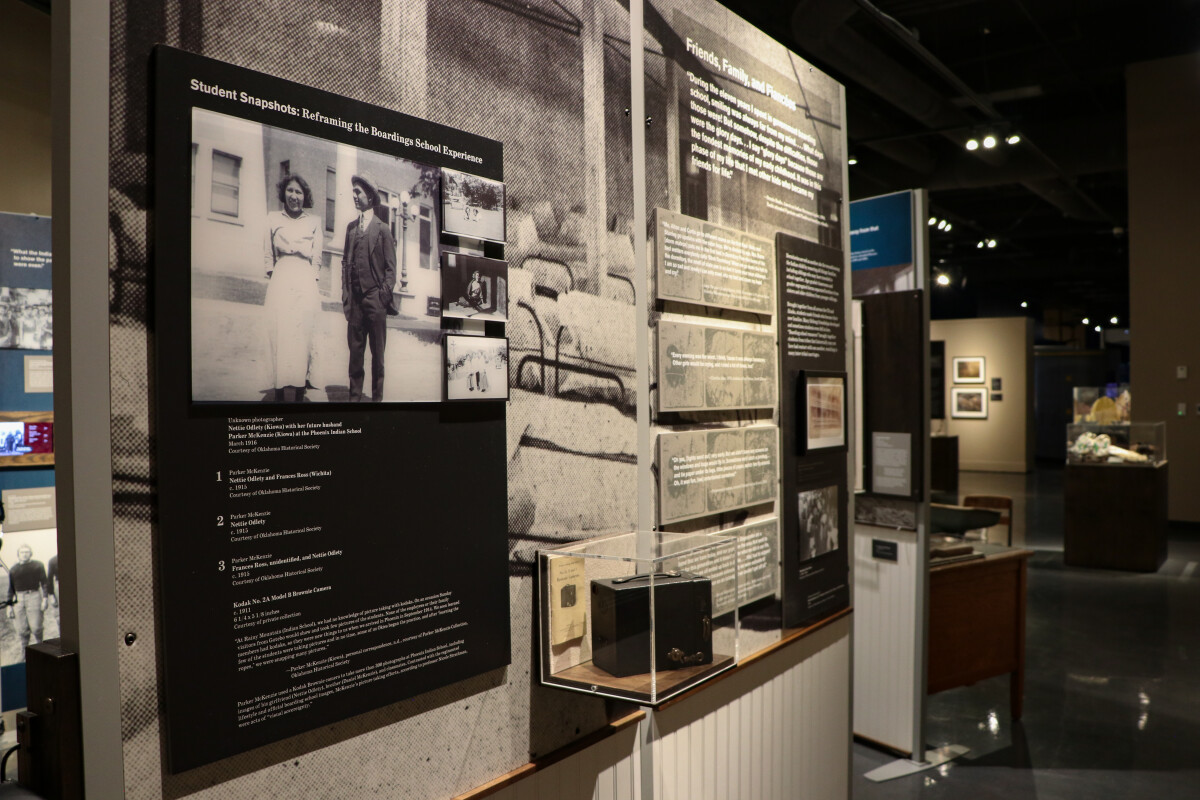
Away from Home Virtual Exhibition
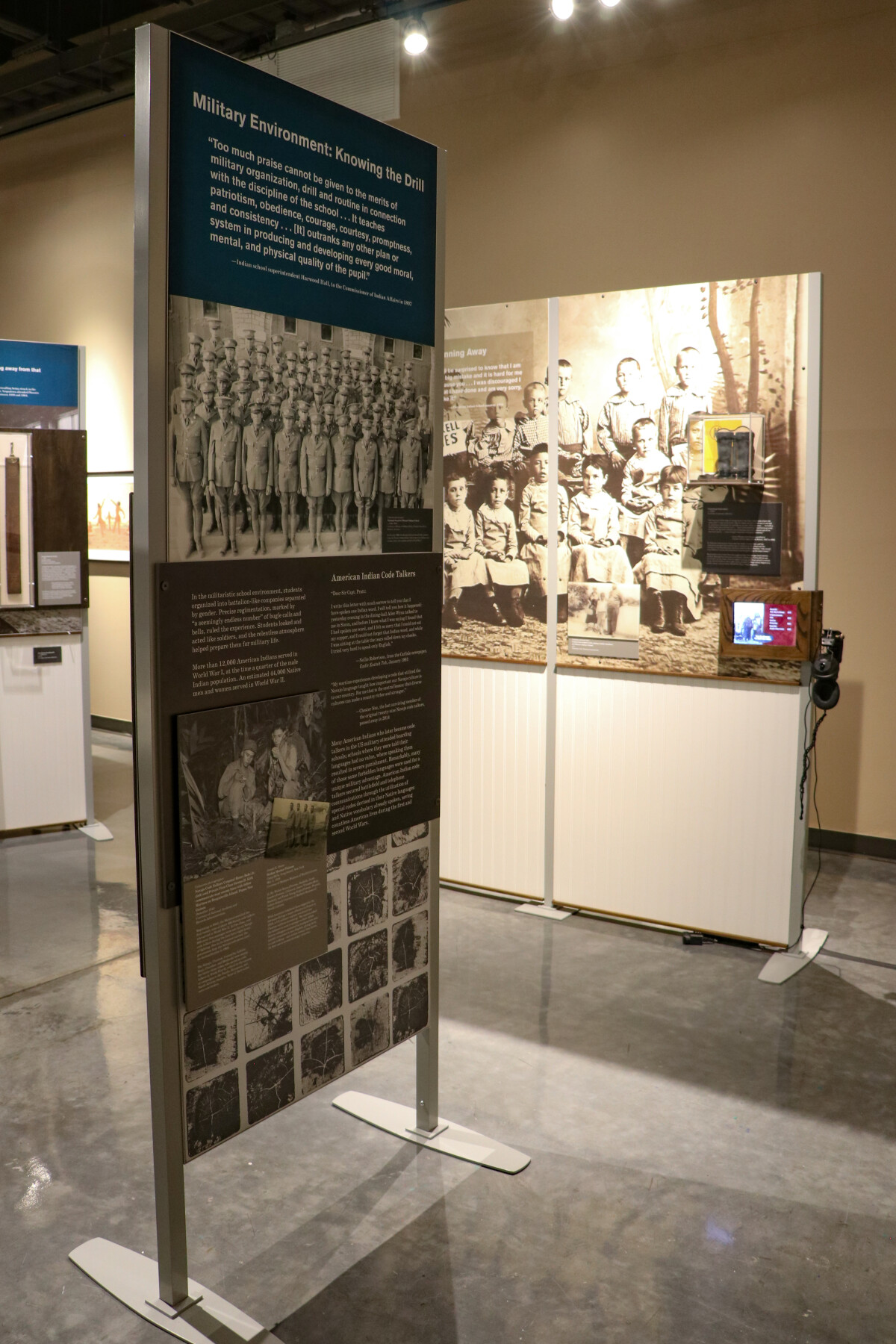
Away from Home Virtual Exhibition
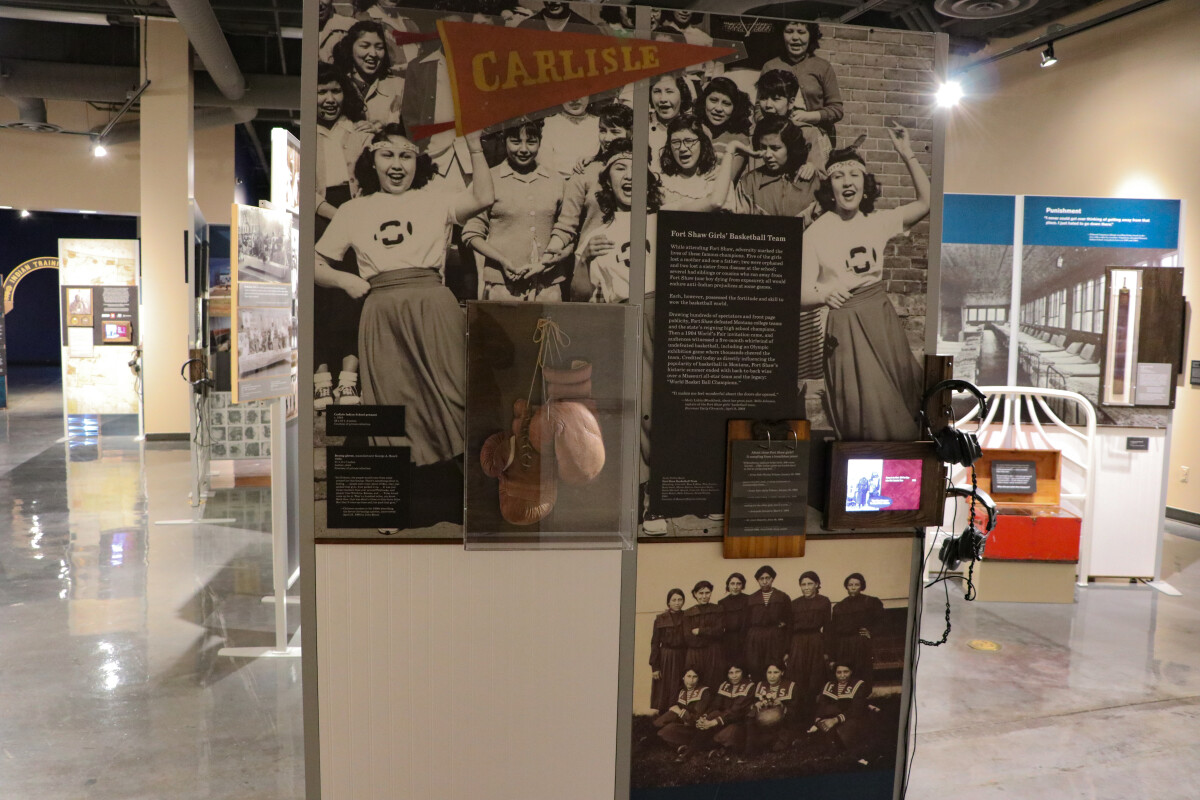
Away from Home Virtual Exhibition
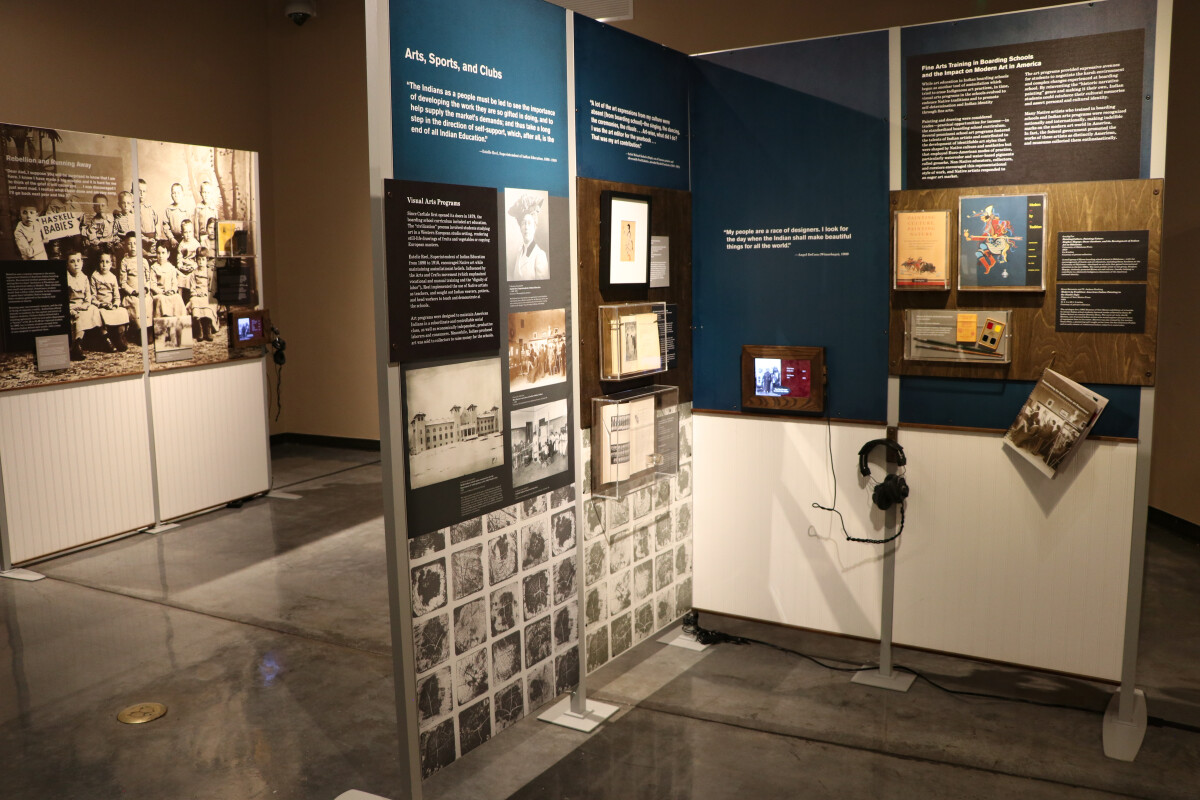
Away from Home Virtual Exhibition
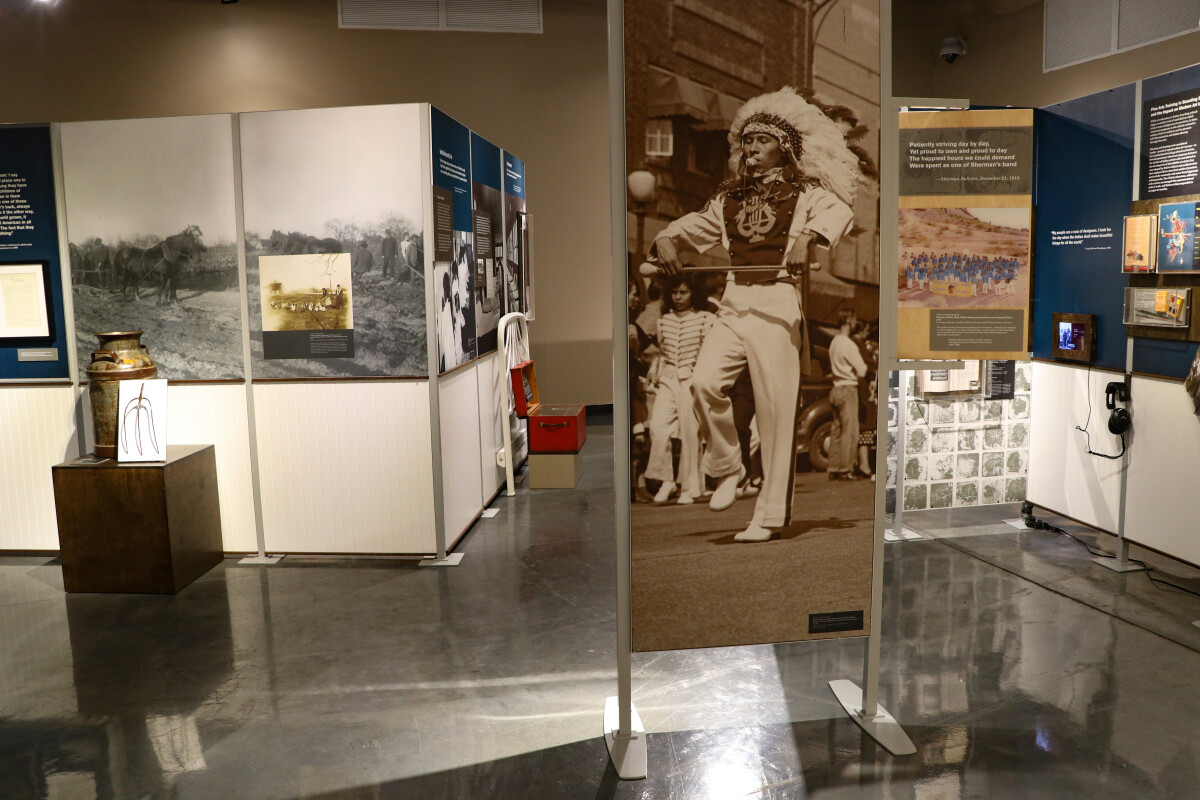
Away from Home Virtual Exhibition
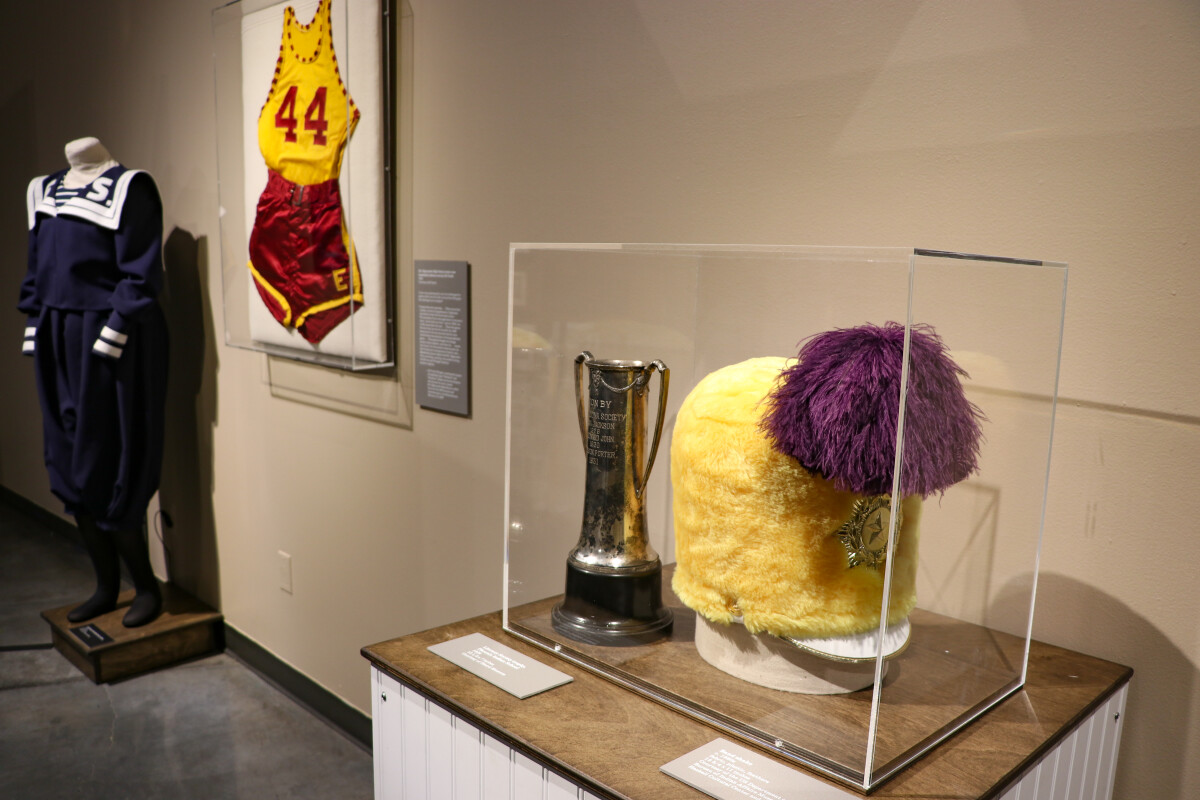
Away from Home Virtual Exhibition
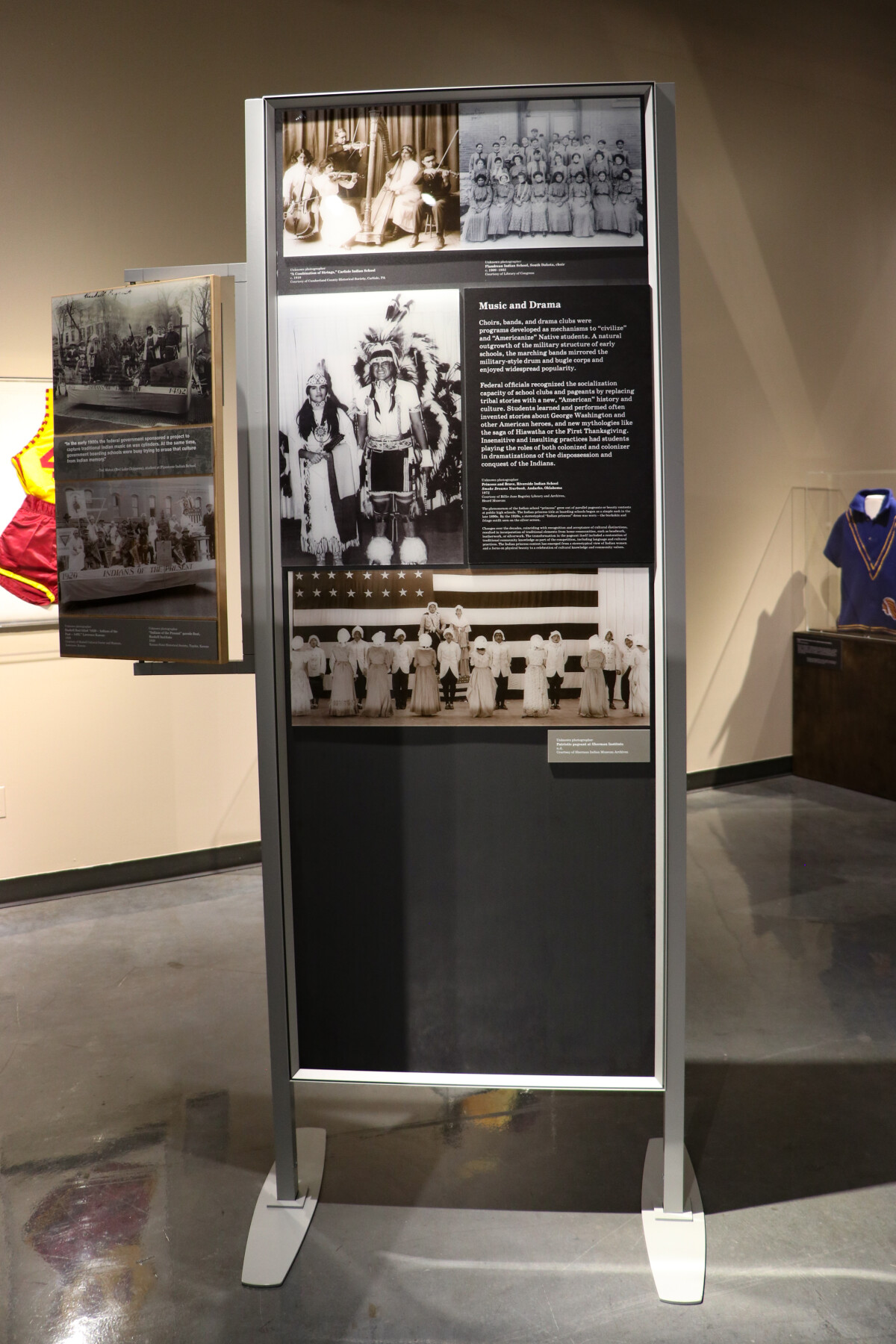
Away from Home Virtual Exhibition
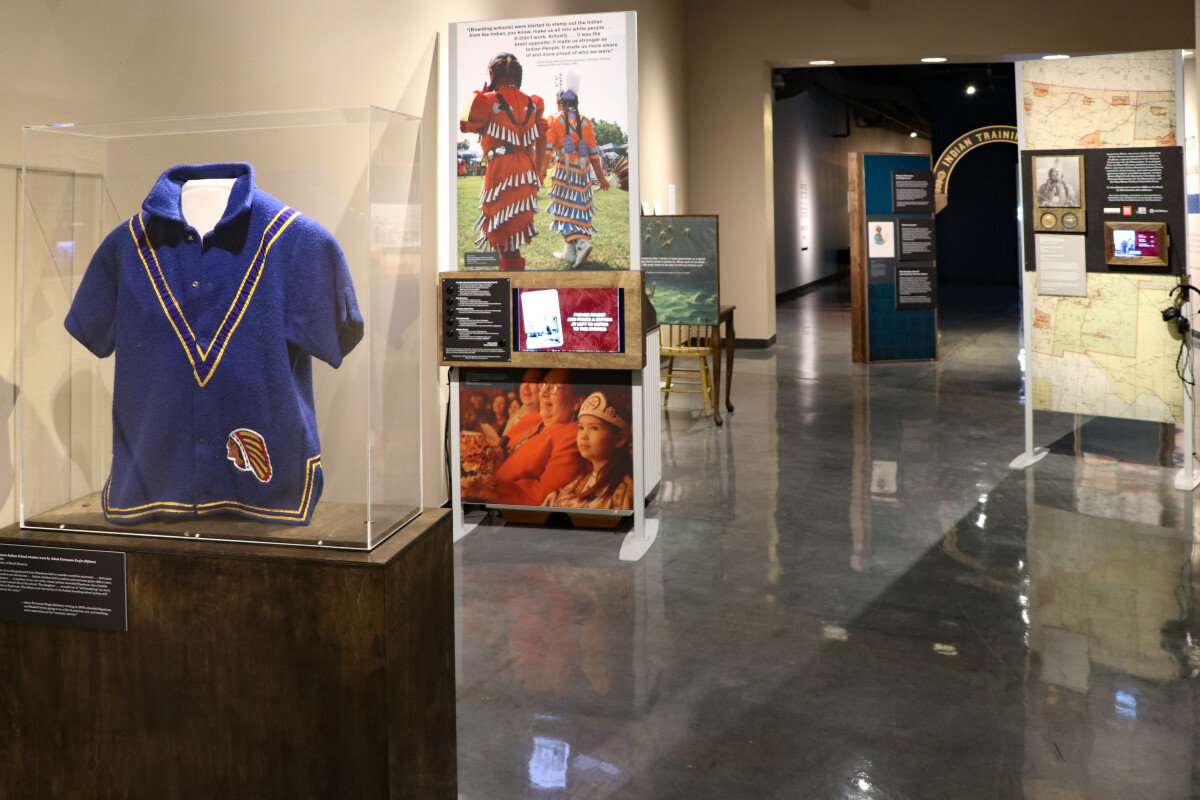
Away from Home Virtual Exhibition
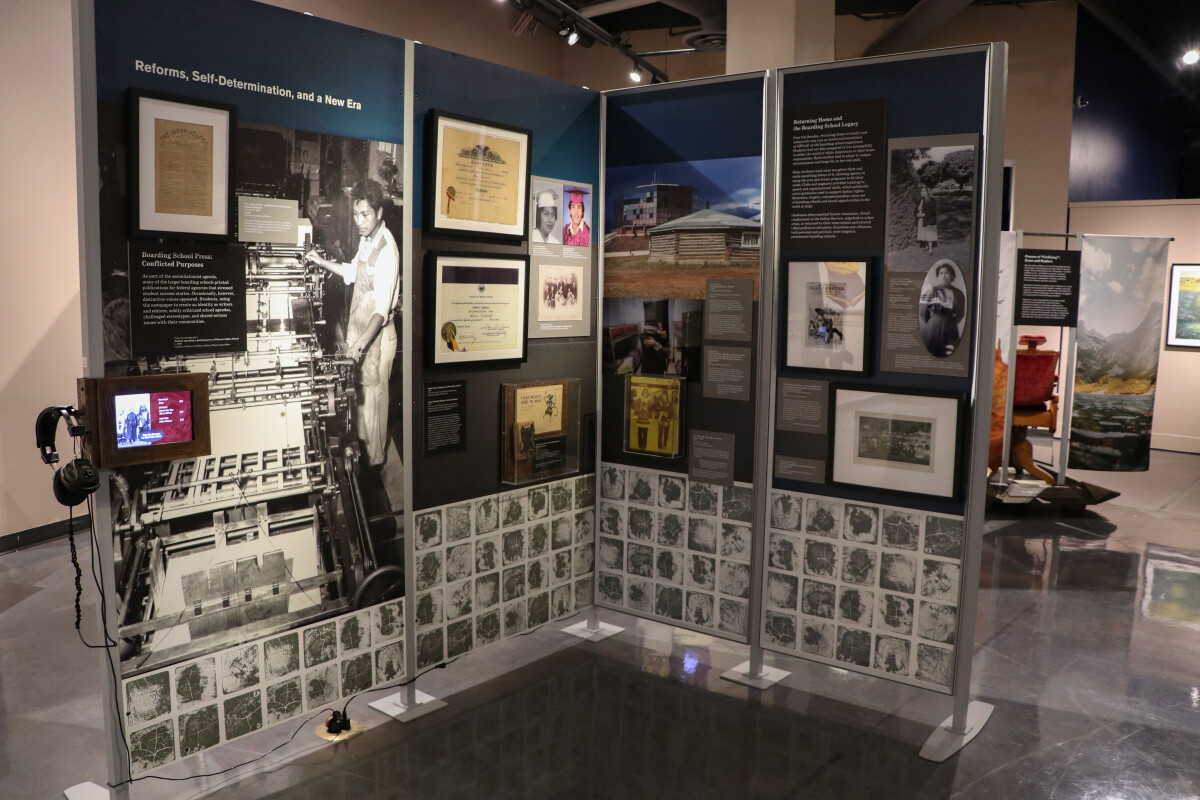
Away from Home Virtual Exhibition
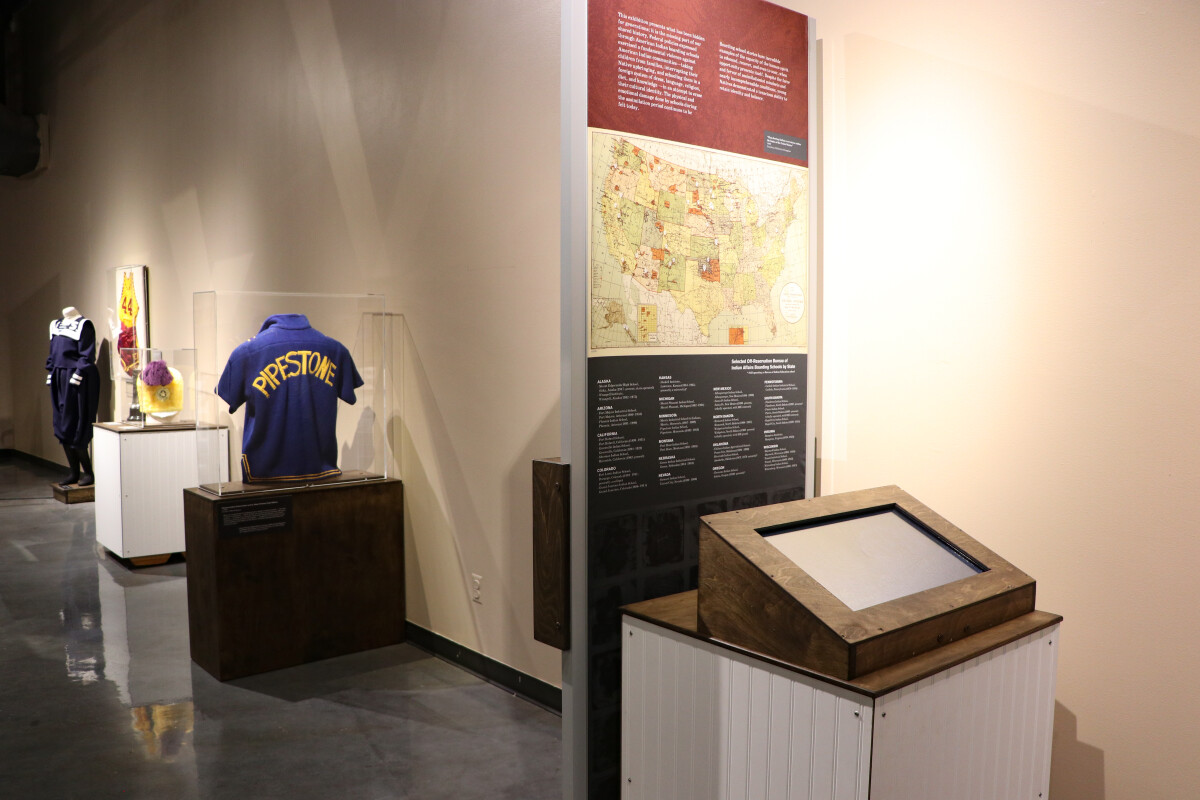
Away from Home Virtual Exhibition
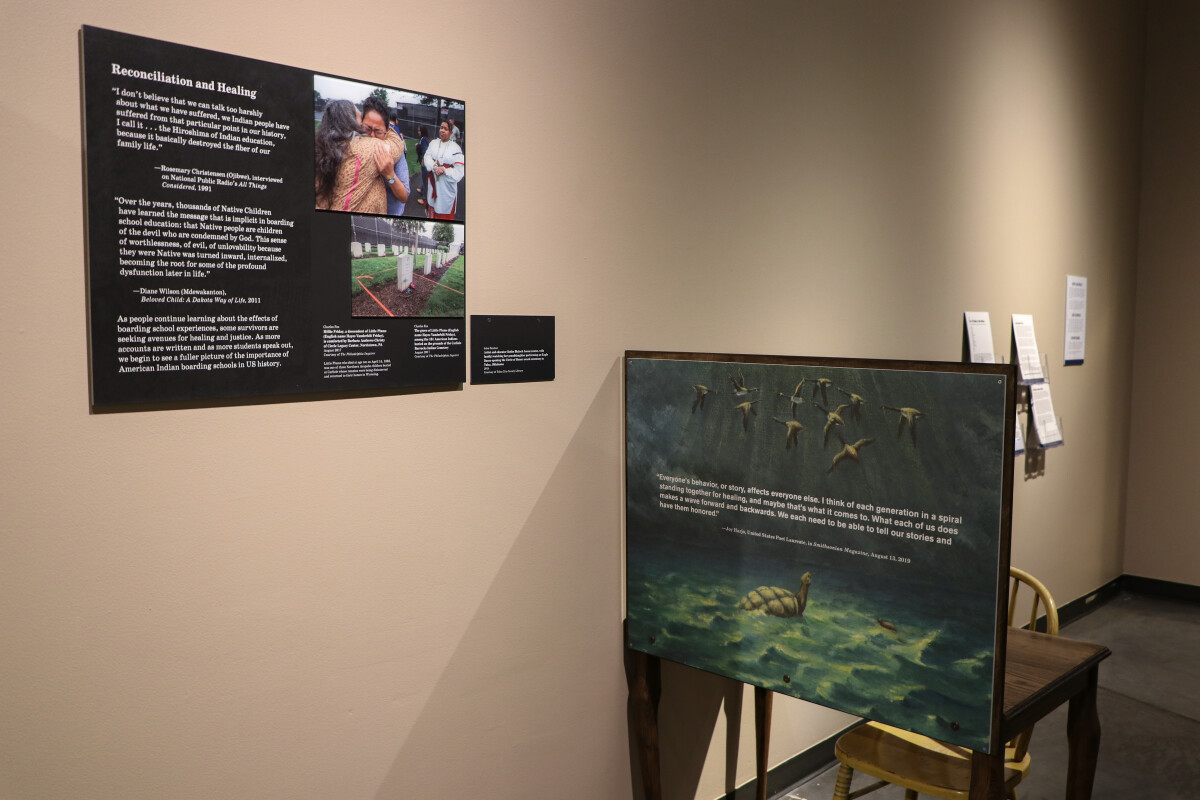
Away from Home Virtual Exhibition
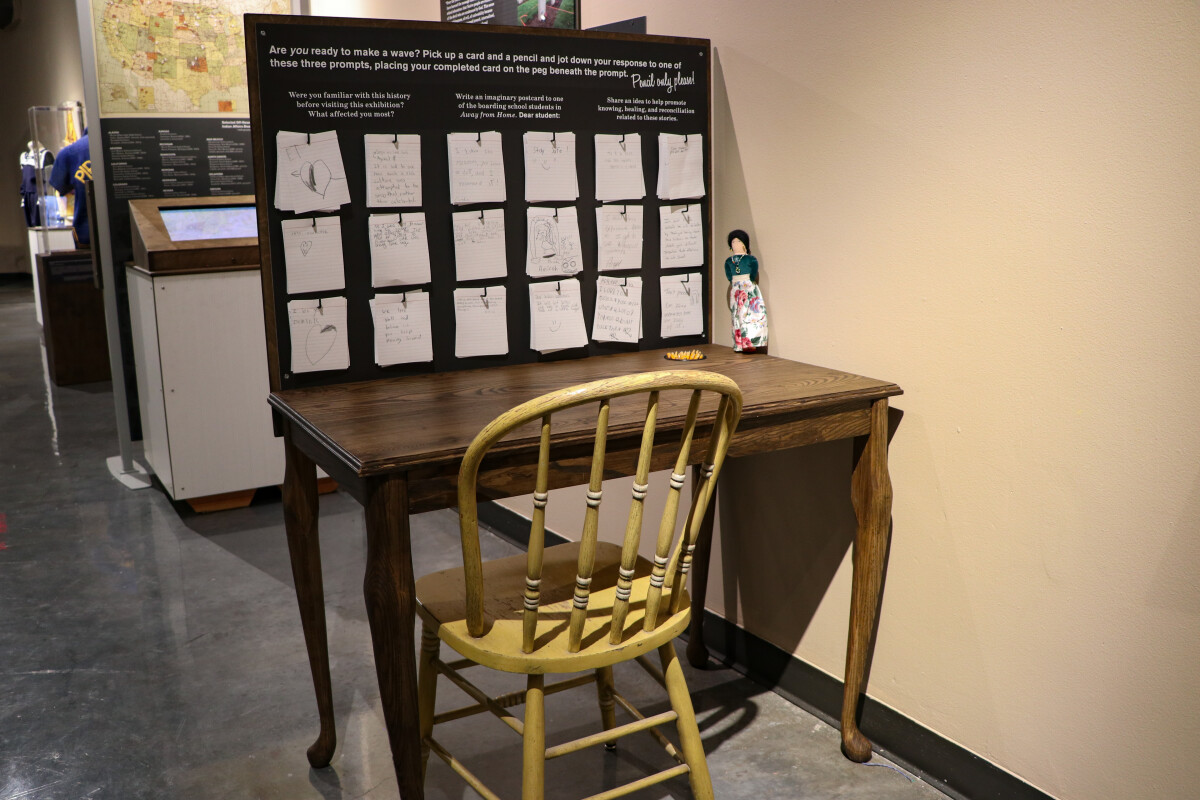
Away from Home: American Indian Boarding School Stories Virtual Exhibition
Beginning in the 1870s, the US government attempted to educate and assimilate American Indians into “civilized” society by placing children—of all ages, from thousands of homes and hundreds of diverse tribes—in distant, residential boarding schools. Many were forcibly taken from their families and communities and stripped of all signs of “Indianness,” even forbidden to speak their own language amongst themselves. Up until the 1930s, students were trained for domestic work and trade in a highly regimented environment. Many children went years without familial contact, and these events had a lasting, generational impact. "Away from Home: American Indian Boarding School Stories" explores off-reservation boarding schools in a kaleidoscope of voices. NOTE: "Away from Home" contains stories of resilience and revitalization, agency and honor. Please be aware that it also contains descriptions of human indignities and hardships and terms that reflect historically racist perspectives and language from past eras. In speaking the truth about acts of seemingly unfathomable violence and suffering in the lives of Native peoples, this exhibition is advised for more mature audience members, grades eight to adult.
Area: Central / Downtown
Source: El Paso Museum of History
Uploaded by: El Paso Museum of History
Away from Home: American Indian Boarding School Stories Virtual Exhibition
Beginning in the 1870s, the US government attempted to educate and assimilate American Indians into “civilized” society by placing children—of all ages, from thousands of homes and hundreds of diverse tribes—in distant, residential boarding schools. Many were forcibly taken from their families and communities and stripped of all signs of “Indianness,” even forbidden to speak their own language amongst themselves. Up until the 1930s, students were trained for domestic work and trade in a highly regimented environment. Many children went years without familial contact, and these events had a lasting, generational impact. "Away from Home: American Indian Boarding School Stories" explores off-reservation boarding schools in a kaleidoscope of voices. NOTE: "Away from Home" contains stories of resilience and revitalization, agency and honor. Please be aware that it also contains descriptions of human indignities and hardships and terms that reflect historically racist perspectives and language from past eras. In speaking the truth about acts of seemingly unfathomable violence and suffering in the lives of Native peoples, this exhibition is advised for more mature audience members, grades eight to adult.
Area: Central / Downtown
Source: El Paso Museum of History
Uploaded by: El Paso Museum of History
Away from Home: American Indian Boarding School Stories Virtual Exhibition
Beginning in the 1870s, the US government attempted to educate and assimilate American Indians into “civilized” society by placing children—of all ages, from thousands of homes and hundreds of diverse tribes—in distant, residential boarding schools. Many were forcibly taken from their families and communities and stripped of all signs of “Indianness,” even forbidden to speak their own language amongst themselves. Up until the 1930s, students were trained for domestic work and trade in a highly regimented environment. Many children went years without familial contact, and these events had a lasting, generational impact. "Away from Home: American Indian Boarding School Stories" explores off-reservation boarding schools in a kaleidoscope of voices. NOTE: "Away from Home" contains stories of resilience and revitalization, agency and honor. Please be aware that it also contains descriptions of human indignities and hardships and terms that reflect historically racist perspectives and language from past eras. In speaking the truth about acts of seemingly unfathomable violence and suffering in the lives of Native peoples, this exhibition is advised for more mature audience members, grades eight to adult.
Area: Central / Downtown
Source: El Paso Museum of History
Uploaded by: El Paso Museum of History
Away from Home: American Indian Boarding School Stories Virtual Exhibition
Beginning in the 1870s, the US government attempted to educate and assimilate American Indians into “civilized” society by placing children—of all ages, from thousands of homes and hundreds of diverse tribes—in distant, residential boarding schools. Many were forcibly taken from their families and communities and stripped of all signs of “Indianness,” even forbidden to speak their own language amongst themselves. Up until the 1930s, students were trained for domestic work and trade in a highly regimented environment. Many children went years without familial contact, and these events had a lasting, generational impact. "Away from Home: American Indian Boarding School Stories" explores off-reservation boarding schools in a kaleidoscope of voices. NOTE: "Away from Home" contains stories of resilience and revitalization, agency and honor. Please be aware that it also contains descriptions of human indignities and hardships and terms that reflect historically racist perspectives and language from past eras. In speaking the truth about acts of seemingly unfathomable violence and suffering in the lives of Native peoples, this exhibition is advised for more mature audience members, grades eight to adult.
Area: Central / Downtown
Source: El Paso Museum of History
Uploaded by: El Paso Museum of History
Away from Home: American Indian Boarding School Stories Virtual Exhibition
Beginning in the 1870s, the US government attempted to educate and assimilate American Indians into “civilized” society by placing children—of all ages, from thousands of homes and hundreds of diverse tribes—in distant, residential boarding schools. Many were forcibly taken from their families and communities and stripped of all signs of “Indianness,” even forbidden to speak their own language amongst themselves. Up until the 1930s, students were trained for domestic work and trade in a highly regimented environment. Many children went years without familial contact, and these events had a lasting, generational impact. "Away from Home: American Indian Boarding School Stories" explores off-reservation boarding schools in a kaleidoscope of voices. NOTE: "Away from Home" contains stories of resilience and revitalization, agency and honor. Please be aware that it also contains descriptions of human indignities and hardships and terms that reflect historically racist perspectives and language from past eras. In speaking the truth about acts of seemingly unfathomable violence and suffering in the lives of Native peoples, this exhibition is advised for more mature audience members, grades eight to adult.
Area: Central / Downtown
Source: El Paso Museum of History
Uploaded by: El Paso Museum of History
Away from Home: American Indian Boarding School Stories Virtual Exhibition
Beginning in the 1870s, the US government attempted to educate and assimilate American Indians into “civilized” society by placing children—of all ages, from thousands of homes and hundreds of diverse tribes—in distant, residential boarding schools. Many were forcibly taken from their families and communities and stripped of all signs of “Indianness,” even forbidden to speak their own language amongst themselves. Up until the 1930s, students were trained for domestic work and trade in a highly regimented environment. Many children went years without familial contact, and these events had a lasting, generational impact. "Away from Home: American Indian Boarding School Stories" explores off-reservation boarding schools in a kaleidoscope of voices. NOTE: "Away from Home" contains stories of resilience and revitalization, agency and honor. Please be aware that it also contains descriptions of human indignities and hardships and terms that reflect historically racist perspectives and language from past eras. In speaking the truth about acts of seemingly unfathomable violence and suffering in the lives of Native peoples, this exhibition is advised for more mature audience members, grades eight to adult.
Area: Central / Downtown
Source: El Paso Museum of History
Uploaded by: El Paso Museum of History
Away from Home: American Indian Boarding School Stories Virtual Exhibition
Beginning in the 1870s, the US government attempted to educate and assimilate American Indians into “civilized” society by placing children—of all ages, from thousands of homes and hundreds of diverse tribes—in distant, residential boarding schools. Many were forcibly taken from their families and communities and stripped of all signs of “Indianness,” even forbidden to speak their own language amongst themselves. Up until the 1930s, students were trained for domestic work and trade in a highly regimented environment. Many children went years without familial contact, and these events had a lasting, generational impact. "Away from Home: American Indian Boarding School Stories" explores off-reservation boarding schools in a kaleidoscope of voices. NOTE: "Away from Home" contains stories of resilience and revitalization, agency and honor. Please be aware that it also contains descriptions of human indignities and hardships and terms that reflect historically racist perspectives and language from past eras. In speaking the truth about acts of seemingly unfathomable violence and suffering in the lives of Native peoples, this exhibition is advised for more mature audience members, grades eight to adult.
Area: Central / Downtown
Source: El Paso Museum of History
Uploaded by: El Paso Museum of History
Away from Home: American Indian Boarding School Stories Virtual Exhibition
Beginning in the 1870s, the US government attempted to educate and assimilate American Indians into “civilized” society by placing children—of all ages, from thousands of homes and hundreds of diverse tribes—in distant, residential boarding schools. Many were forcibly taken from their families and communities and stripped of all signs of “Indianness,” even forbidden to speak their own language amongst themselves. Up until the 1930s, students were trained for domestic work and trade in a highly regimented environment. Many children went years without familial contact, and these events had a lasting, generational impact. "Away from Home: American Indian Boarding School Stories" explores off-reservation boarding schools in a kaleidoscope of voices. NOTE: "Away from Home" contains stories of resilience and revitalization, agency and honor. Please be aware that it also contains descriptions of human indignities and hardships and terms that reflect historically racist perspectives and language from past eras. In speaking the truth about acts of seemingly unfathomable violence and suffering in the lives of Native peoples, this exhibition is advised for more mature audience members, grades eight to adult.
Area: Central / Downtown
Source: El Paso Museum of History
Uploaded by: El Paso Museum of History
Away from Home: American Indian Boarding School Stories Virtual Exhibition
Beginning in the 1870s, the US government attempted to educate and assimilate American Indians into “civilized” society by placing children—of all ages, from thousands of homes and hundreds of diverse tribes—in distant, residential boarding schools. Many were forcibly taken from their families and communities and stripped of all signs of “Indianness,” even forbidden to speak their own language amongst themselves. Up until the 1930s, students were trained for domestic work and trade in a highly regimented environment. Many children went years without familial contact, and these events had a lasting, generational impact. "Away from Home: American Indian Boarding School Stories" explores off-reservation boarding schools in a kaleidoscope of voices. NOTE: "Away from Home" contains stories of resilience and revitalization, agency and honor. Please be aware that it also contains descriptions of human indignities and hardships and terms that reflect historically racist perspectives and language from past eras. In speaking the truth about acts of seemingly unfathomable violence and suffering in the lives of Native peoples, this exhibition is advised for more mature audience members, grades eight to adult.
Area: Central / Downtown
Source: El Paso Museum of History
Uploaded by: El Paso Museum of History
Away from Home: American Indian Boarding School Stories Virtual Exhibition
Beginning in the 1870s, the US government attempted to educate and assimilate American Indians into “civilized” society by placing children—of all ages, from thousands of homes and hundreds of diverse tribes—in distant, residential boarding schools. Many were forcibly taken from their families and communities and stripped of all signs of “Indianness,” even forbidden to speak their own language amongst themselves. Up until the 1930s, students were trained for domestic work and trade in a highly regimented environment. Many children went years without familial contact, and these events had a lasting, generational impact. "Away from Home: American Indian Boarding School Stories" explores off-reservation boarding schools in a kaleidoscope of voices. NOTE: "Away from Home" contains stories of resilience and revitalization, agency and honor. Please be aware that it also contains descriptions of human indignities and hardships and terms that reflect historically racist perspectives and language from past eras. In speaking the truth about acts of seemingly unfathomable violence and suffering in the lives of Native peoples, this exhibition is advised for more mature audience members, grades eight to adult.
Area: Central / Downtown
Source: El Paso Museum of History
Uploaded by: El Paso Museum of History
Away from Home: American Indian Boarding School Stories Virtual Exhibition
Beginning in the 1870s, the US government attempted to educate and assimilate American Indians into “civilized” society by placing children—of all ages, from thousands of homes and hundreds of diverse tribes—in distant, residential boarding schools. Many were forcibly taken from their families and communities and stripped of all signs of “Indianness,” even forbidden to speak their own language amongst themselves. Up until the 1930s, students were trained for domestic work and trade in a highly regimented environment. Many children went years without familial contact, and these events had a lasting, generational impact. "Away from Home: American Indian Boarding School Stories" explores off-reservation boarding schools in a kaleidoscope of voices. NOTE: "Away from Home" contains stories of resilience and revitalization, agency and honor. Please be aware that it also contains descriptions of human indignities and hardships and terms that reflect historically racist perspectives and language from past eras. In speaking the truth about acts of seemingly unfathomable violence and suffering in the lives of Native peoples, this exhibition is advised for more mature audience members, grades eight to adult.
Area: Central / Downtown
Source: El Paso Museum of History
Uploaded by: El Paso Museum of History
Away from Home: American Indian Boarding School Stories Virtual Exhibition
Beginning in the 1870s, the US government attempted to educate and assimilate American Indians into “civilized” society by placing children—of all ages, from thousands of homes and hundreds of diverse tribes—in distant, residential boarding schools. Many were forcibly taken from their families and communities and stripped of all signs of “Indianness,” even forbidden to speak their own language amongst themselves. Up until the 1930s, students were trained for domestic work and trade in a highly regimented environment. Many children went years without familial contact, and these events had a lasting, generational impact. "Away from Home: American Indian Boarding School Stories" explores off-reservation boarding schools in a kaleidoscope of voices. NOTE: "Away from Home" contains stories of resilience and revitalization, agency and honor. Please be aware that it also contains descriptions of human indignities and hardships and terms that reflect historically racist perspectives and language from past eras. In speaking the truth about acts of seemingly unfathomable violence and suffering in the lives of Native peoples, this exhibition is advised for more mature audience members, grades eight to adult.
Area: Central / Downtown
Source: El Paso Museum of History
Uploaded by: El Paso Museum of History
Away from Home: American Indian Boarding School Stories Virtual Exhibition
Beginning in the 1870s, the US government attempted to educate and assimilate American Indians into “civilized” society by placing children—of all ages, from thousands of homes and hundreds of diverse tribes—in distant, residential boarding schools. Many were forcibly taken from their families and communities and stripped of all signs of “Indianness,” even forbidden to speak their own language amongst themselves. Up until the 1930s, students were trained for domestic work and trade in a highly regimented environment. Many children went years without familial contact, and these events had a lasting, generational impact. "Away from Home: American Indian Boarding School Stories" explores off-reservation boarding schools in a kaleidoscope of voices. NOTE: "Away from Home" contains stories of resilience and revitalization, agency and honor. Please be aware that it also contains descriptions of human indignities and hardships and terms that reflect historically racist perspectives and language from past eras. In speaking the truth about acts of seemingly unfathomable violence and suffering in the lives of Native peoples, this exhibition is advised for more mature audience members, grades eight to adult.
Area: Central / Downtown
Source: El Paso Museum of History
Uploaded by: El Paso Museum of History
Away from Home: American Indian Boarding School Stories Virtual Exhibition
Beginning in the 1870s, the US government attempted to educate and assimilate American Indians into “civilized” society by placing children—of all ages, from thousands of homes and hundreds of diverse tribes—in distant, residential boarding schools. Many were forcibly taken from their families and communities and stripped of all signs of “Indianness,” even forbidden to speak their own language amongst themselves. Up until the 1930s, students were trained for domestic work and trade in a highly regimented environment. Many children went years without familial contact, and these events had a lasting, generational impact. "Away from Home: American Indian Boarding School Stories" explores off-reservation boarding schools in a kaleidoscope of voices. NOTE: "Away from Home" contains stories of resilience and revitalization, agency and honor. Please be aware that it also contains descriptions of human indignities and hardships and terms that reflect historically racist perspectives and language from past eras. In speaking the truth about acts of seemingly unfathomable violence and suffering in the lives of Native peoples, this exhibition is advised for more mature audience members, grades eight to adult.
Area: Central / Downtown
Source: El Paso Museum of History
Uploaded by: El Paso Museum of History
Away from Home: American Indian Boarding School Stories Virtual Exhibition
Beginning in the 1870s, the US government attempted to educate and assimilate American Indians into “civilized” society by placing children—of all ages, from thousands of homes and hundreds of diverse tribes—in distant, residential boarding schools. Many were forcibly taken from their families and communities and stripped of all signs of “Indianness,” even forbidden to speak their own language amongst themselves. Up until the 1930s, students were trained for domestic work and trade in a highly regimented environment. Many children went years without familial contact, and these events had a lasting, generational impact. "Away from Home: American Indian Boarding School Stories" explores off-reservation boarding schools in a kaleidoscope of voices. NOTE: "Away from Home" contains stories of resilience and revitalization, agency and honor. Please be aware that it also contains descriptions of human indignities and hardships and terms that reflect historically racist perspectives and language from past eras. In speaking the truth about acts of seemingly unfathomable violence and suffering in the lives of Native peoples, this exhibition is advised for more mature audience members, grades eight to adult.
Area: Central / Downtown
Source: El Paso Museum of History
Uploaded by: El Paso Museum of History
Away from Home: American Indian Boarding School Stories Virtual Exhibition
Beginning in the 1870s, the US government attempted to educate and assimilate American Indians into “civilized” society by placing children—of all ages, from thousands of homes and hundreds of diverse tribes—in distant, residential boarding schools. Many were forcibly taken from their families and communities and stripped of all signs of “Indianness,” even forbidden to speak their own language amongst themselves. Up until the 1930s, students were trained for domestic work and trade in a highly regimented environment. Many children went years without familial contact, and these events had a lasting, generational impact. "Away from Home: American Indian Boarding School Stories" explores off-reservation boarding schools in a kaleidoscope of voices. NOTE: "Away from Home" contains stories of resilience and revitalization, agency and honor. Please be aware that it also contains descriptions of human indignities and hardships and terms that reflect historically racist perspectives and language from past eras. In speaking the truth about acts of seemingly unfathomable violence and suffering in the lives of Native peoples, this exhibition is advised for more mature audience members, grades eight to adult.
Area: Central / Downtown
Source: El Paso Museum of History
Uploaded by: El Paso Museum of History
Away from Home: American Indian Boarding School Stories Virtual Exhibition
Beginning in the 1870s, the US government attempted to educate and assimilate American Indians into “civilized” society by placing children—of all ages, from thousands of homes and hundreds of diverse tribes—in distant, residential boarding schools. Many were forcibly taken from their families and communities and stripped of all signs of “Indianness,” even forbidden to speak their own language amongst themselves. Up until the 1930s, students were trained for domestic work and trade in a highly regimented environment. Many children went years without familial contact, and these events had a lasting, generational impact. "Away from Home: American Indian Boarding School Stories" explores off-reservation boarding schools in a kaleidoscope of voices. NOTE: "Away from Home" contains stories of resilience and revitalization, agency and honor. Please be aware that it also contains descriptions of human indignities and hardships and terms that reflect historically racist perspectives and language from past eras. In speaking the truth about acts of seemingly unfathomable violence and suffering in the lives of Native peoples, this exhibition is advised for more mature audience members, grades eight to adult.
Area: Central / Downtown
Source: El Paso Museum of History
Uploaded by: El Paso Museum of History
Away from Home: American Indian Boarding School Stories Virtual Exhibition
Beginning in the 1870s, the US government attempted to educate and assimilate American Indians into “civilized” society by placing children—of all ages, from thousands of homes and hundreds of diverse tribes—in distant, residential boarding schools. Many were forcibly taken from their families and communities and stripped of all signs of “Indianness,” even forbidden to speak their own language amongst themselves. Up until the 1930s, students were trained for domestic work and trade in a highly regimented environment. Many children went years without familial contact, and these events had a lasting, generational impact. "Away from Home: American Indian Boarding School Stories" explores off-reservation boarding schools in a kaleidoscope of voices. NOTE: "Away from Home" contains stories of resilience and revitalization, agency and honor. Please be aware that it also contains descriptions of human indignities and hardships and terms that reflect historically racist perspectives and language from past eras. In speaking the truth about acts of seemingly unfathomable violence and suffering in the lives of Native peoples, this exhibition is advised for more mature audience members, grades eight to adult.
Area: Central / Downtown
Source: El Paso Museum of History
Uploaded by: El Paso Museum of History
Away from Home: American Indian Boarding School Stories Virtual Exhibition
Beginning in the 1870s, the US government attempted to educate and assimilate American Indians into “civilized” society by placing children—of all ages, from thousands of homes and hundreds of diverse tribes—in distant, residential boarding schools. Many were forcibly taken from their families and communities and stripped of all signs of “Indianness,” even forbidden to speak their own language amongst themselves. Up until the 1930s, students were trained for domestic work and trade in a highly regimented environment. Many children went years without familial contact, and these events had a lasting, generational impact. "Away from Home: American Indian Boarding School Stories" explores off-reservation boarding schools in a kaleidoscope of voices. NOTE: "Away from Home" contains stories of resilience and revitalization, agency and honor. Please be aware that it also contains descriptions of human indignities and hardships and terms that reflect historically racist perspectives and language from past eras. In speaking the truth about acts of seemingly unfathomable violence and suffering in the lives of Native peoples, this exhibition is advised for more mature audience members, grades eight to adult.
Area: Central / Downtown
Source: El Paso Museum of History
Uploaded by: El Paso Museum of History
Away from Home: American Indian Boarding School Stories Virtual Exhibition
Beginning in the 1870s, the US government attempted to educate and assimilate American Indians into “civilized” society by placing children—of all ages, from thousands of homes and hundreds of diverse tribes—in distant, residential boarding schools. Many were forcibly taken from their families and communities and stripped of all signs of “Indianness,” even forbidden to speak their own language amongst themselves. Up until the 1930s, students were trained for domestic work and trade in a highly regimented environment. Many children went years without familial contact, and these events had a lasting, generational impact. "Away from Home: American Indian Boarding School Stories" explores off-reservation boarding schools in a kaleidoscope of voices. NOTE: "Away from Home" contains stories of resilience and revitalization, agency and honor. Please be aware that it also contains descriptions of human indignities and hardships and terms that reflect historically racist perspectives and language from past eras. In speaking the truth about acts of seemingly unfathomable violence and suffering in the lives of Native peoples, this exhibition is advised for more mature audience members, grades eight to adult.
Area: Central / Downtown
Source: El Paso Museum of History
Uploaded by: El Paso Museum of History
Away from Home: American Indian Boarding School Stories Virtual Exhibition
Beginning in the 1870s, the US government attempted to educate and assimilate American Indians into “civilized” society by placing children—of all ages, from thousands of homes and hundreds of diverse tribes—in distant, residential boarding schools. Many were forcibly taken from their families and communities and stripped of all signs of “Indianness,” even forbidden to speak their own language amongst themselves. Up until the 1930s, students were trained for domestic work and trade in a highly regimented environment. Many children went years without familial contact, and these events had a lasting, generational impact. "Away from Home: American Indian Boarding School Stories" explores off-reservation boarding schools in a kaleidoscope of voices. NOTE: "Away from Home" contains stories of resilience and revitalization, agency and honor. Please be aware that it also contains descriptions of human indignities and hardships and terms that reflect historically racist perspectives and language from past eras. In speaking the truth about acts of seemingly unfathomable violence and suffering in the lives of Native peoples, this exhibition is advised for more mature audience members, grades eight to adult.
Area: Central / Downtown
Source: El Paso Museum of History
Uploaded by: El Paso Museum of History
Away from Home: American Indian Boarding School Stories Virtual Exhibition
Beginning in the 1870s, the US government attempted to educate and assimilate American Indians into “civilized” society by placing children—of all ages, from thousands of homes and hundreds of diverse tribes—in distant, residential boarding schools. Many were forcibly taken from their families and communities and stripped of all signs of “Indianness,” even forbidden to speak their own language amongst themselves. Up until the 1930s, students were trained for domestic work and trade in a highly regimented environment. Many children went years without familial contact, and these events had a lasting, generational impact. "Away from Home: American Indian Boarding School Stories" explores off-reservation boarding schools in a kaleidoscope of voices. NOTE: "Away from Home" contains stories of resilience and revitalization, agency and honor. Please be aware that it also contains descriptions of human indignities and hardships and terms that reflect historically racist perspectives and language from past eras. In speaking the truth about acts of seemingly unfathomable violence and suffering in the lives of Native peoples, this exhibition is advised for more mature audience members, grades eight to adult.
Area: Central / Downtown
Source: El Paso Museum of History
Uploaded by: El Paso Museum of History
Away from Home: American Indian Boarding School Stories Virtual Exhibition
Beginning in the 1870s, the US government attempted to educate and assimilate American Indians into “civilized” society by placing children—of all ages, from thousands of homes and hundreds of diverse tribes—in distant, residential boarding schools. Many were forcibly taken from their families and communities and stripped of all signs of “Indianness,” even forbidden to speak their own language amongst themselves. Up until the 1930s, students were trained for domestic work and trade in a highly regimented environment. Many children went years without familial contact, and these events had a lasting, generational impact. "Away from Home: American Indian Boarding School Stories" explores off-reservation boarding schools in a kaleidoscope of voices. NOTE: "Away from Home" contains stories of resilience and revitalization, agency and honor. Please be aware that it also contains descriptions of human indignities and hardships and terms that reflect historically racist perspectives and language from past eras. In speaking the truth about acts of seemingly unfathomable violence and suffering in the lives of Native peoples, this exhibition is advised for more mature audience members, grades eight to adult.
Area: Central / Downtown
Source: El Paso Museum of History
Uploaded by: El Paso Museum of History
Away from Home: American Indian Boarding School Stories Virtual Exhibition
Beginning in the 1870s, the US government attempted to educate and assimilate American Indians into “civilized” society by placing children—of all ages, from thousands of homes and hundreds of diverse tribes—in distant, residential boarding schools. Many were forcibly taken from their families and communities and stripped of all signs of “Indianness,” even forbidden to speak their own language amongst themselves. Up until the 1930s, students were trained for domestic work and trade in a highly regimented environment. Many children went years without familial contact, and these events had a lasting, generational impact. "Away from Home: American Indian Boarding School Stories" explores off-reservation boarding schools in a kaleidoscope of voices. NOTE: "Away from Home" contains stories of resilience and revitalization, agency and honor. Please be aware that it also contains descriptions of human indignities and hardships and terms that reflect historically racist perspectives and language from past eras. In speaking the truth about acts of seemingly unfathomable violence and suffering in the lives of Native peoples, this exhibition is advised for more mature audience members, grades eight to adult.
Area: Central / Downtown
Source: El Paso Museum of History
Uploaded by: El Paso Museum of History
Away from Home: American Indian Boarding School Stories Virtual Exhibition
Beginning in the 1870s, the US government attempted to educate and assimilate American Indians into “civilized” society by placing children—of all ages, from thousands of homes and hundreds of diverse tribes—in distant, residential boarding schools. Many were forcibly taken from their families and communities and stripped of all signs of “Indianness,” even forbidden to speak their own language amongst themselves. Up until the 1930s, students were trained for domestic work and trade in a highly regimented environment. Many children went years without familial contact, and these events had a lasting, generational impact. "Away from Home: American Indian Boarding School Stories" explores off-reservation boarding schools in a kaleidoscope of voices. NOTE: "Away from Home" contains stories of resilience and revitalization, agency and honor. Please be aware that it also contains descriptions of human indignities and hardships and terms that reflect historically racist perspectives and language from past eras. In speaking the truth about acts of seemingly unfathomable violence and suffering in the lives of Native peoples, this exhibition is advised for more mature audience members, grades eight to adult.
Area: Central / Downtown
Source: El Paso Museum of History
Uploaded by: El Paso Museum of History
Away from Home: American Indian Boarding School Stories Virtual Exhibition
Beginning in the 1870s, the US government attempted to educate and assimilate American Indians into “civilized” society by placing children—of all ages, from thousands of homes and hundreds of diverse tribes—in distant, residential boarding schools. Many were forcibly taken from their families and communities and stripped of all signs of “Indianness,” even forbidden to speak their own language amongst themselves. Up until the 1930s, students were trained for domestic work and trade in a highly regimented environment. Many children went years without familial contact, and these events had a lasting, generational impact. "Away from Home: American Indian Boarding School Stories" explores off-reservation boarding schools in a kaleidoscope of voices. NOTE: "Away from Home" contains stories of resilience and revitalization, agency and honor. Please be aware that it also contains descriptions of human indignities and hardships and terms that reflect historically racist perspectives and language from past eras. In speaking the truth about acts of seemingly unfathomable violence and suffering in the lives of Native peoples, this exhibition is advised for more mature audience members, grades eight to adult.
Area: Central / Downtown
Source: El Paso Museum of History
Uploaded by: El Paso Museum of History
Away from Home: American Indian Boarding School Stories Virtual Exhibition
Beginning in the 1870s, the US government attempted to educate and assimilate American Indians into “civilized” society by placing children—of all ages, from thousands of homes and hundreds of diverse tribes—in distant, residential boarding schools. Many were forcibly taken from their families and communities and stripped of all signs of “Indianness,” even forbidden to speak their own language amongst themselves. Up until the 1930s, students were trained for domestic work and trade in a highly regimented environment. Many children went years without familial contact, and these events had a lasting, generational impact. "Away from Home: American Indian Boarding School Stories" explores off-reservation boarding schools in a kaleidoscope of voices. NOTE: "Away from Home" contains stories of resilience and revitalization, agency and honor. Please be aware that it also contains descriptions of human indignities and hardships and terms that reflect historically racist perspectives and language from past eras. In speaking the truth about acts of seemingly unfathomable violence and suffering in the lives of Native peoples, this exhibition is advised for more mature audience members, grades eight to adult.
Area: Central / Downtown
Source: El Paso Museum of History
Uploaded by: El Paso Museum of History
Away from Home: American Indian Boarding School Stories Virtual Exhibition
Beginning in the 1870s, the US government attempted to educate and assimilate American Indians into “civilized” society by placing children—of all ages, from thousands of homes and hundreds of diverse tribes—in distant, residential boarding schools. Many were forcibly taken from their families and communities and stripped of all signs of “Indianness,” even forbidden to speak their own language amongst themselves. Up until the 1930s, students were trained for domestic work and trade in a highly regimented environment. Many children went years without familial contact, and these events had a lasting, generational impact. "Away from Home: American Indian Boarding School Stories" explores off-reservation boarding schools in a kaleidoscope of voices. NOTE: "Away from Home" contains stories of resilience and revitalization, agency and honor. Please be aware that it also contains descriptions of human indignities and hardships and terms that reflect historically racist perspectives and language from past eras. In speaking the truth about acts of seemingly unfathomable violence and suffering in the lives of Native peoples, this exhibition is advised for more mature audience members, grades eight to adult.
Area: Central / Downtown
Source: El Paso Museum of History
Uploaded by: El Paso Museum of History
Away from Home: American Indian Boarding School Stories Virtual Exhibition
Beginning in the 1870s, the US government attempted to educate and assimilate American Indians into “civilized” society by placing children—of all ages, from thousands of homes and hundreds of diverse tribes—in distant, residential boarding schools. Many were forcibly taken from their families and communities and stripped of all signs of “Indianness,” even forbidden to speak their own language amongst themselves. Up until the 1930s, students were trained for domestic work and trade in a highly regimented environment. Many children went years without familial contact, and these events had a lasting, generational impact. "Away from Home: American Indian Boarding School Stories" explores off-reservation boarding schools in a kaleidoscope of voices. NOTE: "Away from Home" contains stories of resilience and revitalization, agency and honor. Please be aware that it also contains descriptions of human indignities and hardships and terms that reflect historically racist perspectives and language from past eras. In speaking the truth about acts of seemingly unfathomable violence and suffering in the lives of Native peoples, this exhibition is advised for more mature audience members, grades eight to adult.
Area: Central / Downtown
Source: El Paso Museum of History
Uploaded by: El Paso Museum of History
Away from Home: American Indian Boarding School Stories Virtual Exhibition
Beginning in the 1870s, the US government attempted to educate and assimilate American Indians into “civilized” society by placing children—of all ages, from thousands of homes and hundreds of diverse tribes—in distant, residential boarding schools. Many were forcibly taken from their families and communities and stripped of all signs of “Indianness,” even forbidden to speak their own language amongst themselves. Up until the 1930s, students were trained for domestic work and trade in a highly regimented environment. Many children went years without familial contact, and these events had a lasting, generational impact. "Away from Home: American Indian Boarding School Stories" explores off-reservation boarding schools in a kaleidoscope of voices. NOTE: "Away from Home" contains stories of resilience and revitalization, agency and honor. Please be aware that it also contains descriptions of human indignities and hardships and terms that reflect historically racist perspectives and language from past eras. In speaking the truth about acts of seemingly unfathomable violence and suffering in the lives of Native peoples, this exhibition is advised for more mature audience members, grades eight to adult.
Area: Central / Downtown
Source: El Paso Museum of History
Uploaded by: El Paso Museum of History
Away from Home: American Indian Boarding School Stories Virtual Exhibition
Beginning in the 1870s, the US government attempted to educate and assimilate American Indians into “civilized” society by placing children—of all ages, from thousands of homes and hundreds of diverse tribes—in distant, residential boarding schools. Many were forcibly taken from their families and communities and stripped of all signs of “Indianness,” even forbidden to speak their own language amongst themselves. Up until the 1930s, students were trained for domestic work and trade in a highly regimented environment. Many children went years without familial contact, and these events had a lasting, generational impact. "Away from Home: American Indian Boarding School Stories" explores off-reservation boarding schools in a kaleidoscope of voices. NOTE: "Away from Home" contains stories of resilience and revitalization, agency and honor. Please be aware that it also contains descriptions of human indignities and hardships and terms that reflect historically racist perspectives and language from past eras. In speaking the truth about acts of seemingly unfathomable violence and suffering in the lives of Native peoples, this exhibition is advised for more mature audience members, grades eight to adult.
Area: Central / Downtown
Source: El Paso Museum of History
Uploaded by: El Paso Museum of History
Report this entry
More from the same community-collection
The Uncolonized: A Vision in the Parallel Virtual Exhibition
Angel Cabrales
Insignias de Cultura, 2021
...
The Uncolonized: A Vision in the Parallel Virtual Exhibition
Angel Cabrales
Totems de Inteligencia, 2023 ...
The Uncolonized: A Vision in the Parallel Virtual Exhibition
Angel Cabrales
Axihuical (El Paralelo), ...
The Uncolonized: A Vision in the Parallel Virtual Exhibition
Angel Cabrales
Codex of the Interplanetary ...
The Uncolonized: A Vision in the Parallel Virtual Exhibition
Angel Cabrales
Apoteosis de la Zapotecnico ...
The Uncolonized: A Vision in the Parallel Virtual Exhibition
Angel Cabrales
Apoteosis del Mayamatica, ...
The Uncolonized: A Vision in the Parallel Virtual Exhibition
Angel Cabrales
Cemmani Cemanahuatl, 2023
...
The Uncolonized: A Vision in the Parallel Virtual Exhibition
Angel Cabrales
Gallery View of The Uncolonized: ...
The Uncolonized: A Vision in the Parallel Virtual Exhibition
Angel Cabrales
Gallery View of The Uncolonized: ...
The Uncolonized: A Vision in the Parallel Virtual Exhibition
Angel Cabrales
Gallery View of The Uncolonized: ...
Women working for student scholarships
The Women's Auxiliary of University of Texas at El Paso has ...
Pride display in San Jacinto Plaza, downtown, El Paso,TX 2023
This is one way city of El Paso celebrates Pride Month. ...
Mapping Inequality & Reclaiming Place – Demolition of a Neighborhood
In 1956, congress passed the Federal-Aid Highway Act and created ...
Political Cartoon from the El Paso Times.
Political Cartoon from the El Paso Times relating former El Paso ...
Popular supports suffrage on back cover of 1925 pamphlet listing members of Women's Organizations of El Paso TX
Popular supports suffrage on back cover of 1925 pamphlet listing ...
Photograph of Herlinda Chew Posing with Chinese Colony float - El Paso Sun Carnival Parade
Photograph of Herlinda Chew Posing with Chinese Colony float - ...
Photograph of The New China Grocery store sign
New China Grocery, at 200 S. Stanton St. Owned by Antonio and ...
Photograph of Herlinda Chew inside New China Grocery
Photograph of Josephine or Grace Chew (the elder daughters of ...
Women History Month sign at San Jacinto Park. Easter Sunday 2024.
Women History Month sign at San Jacinto Park. Easter Sunday ...
Article about El Paso Pop Festival, 1969 part 1
A July 11, 1969 The Prospector clipping about the success of El ...
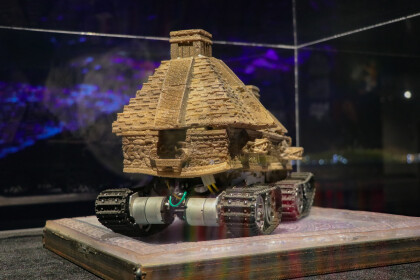
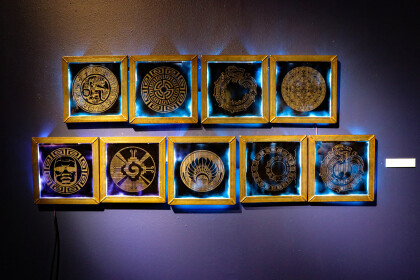
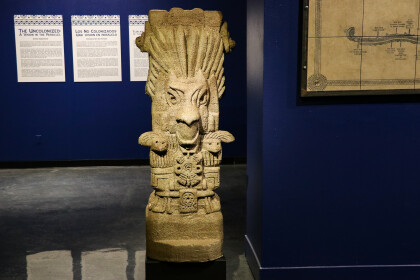
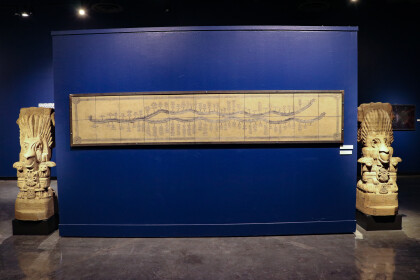

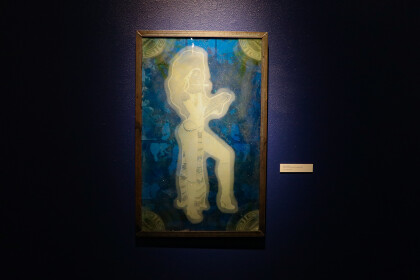
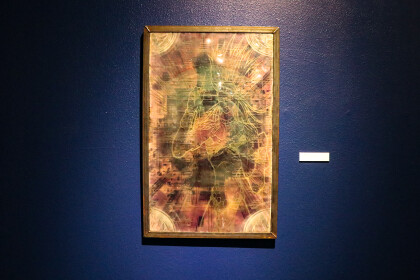
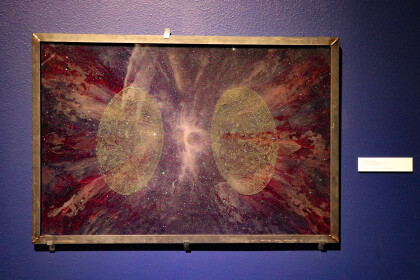


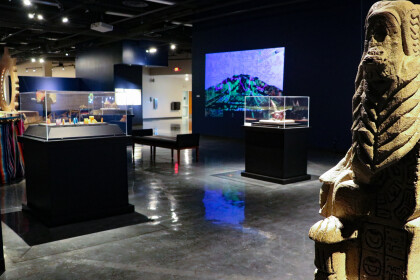
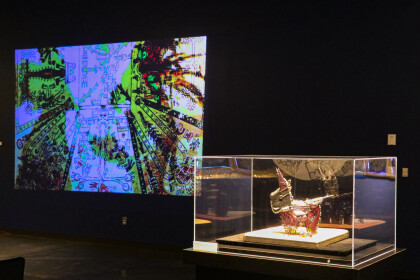
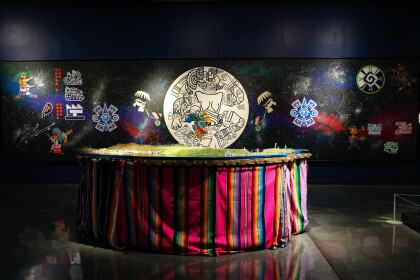
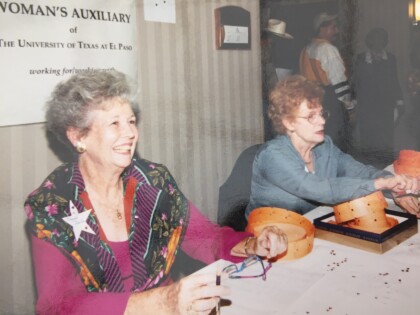


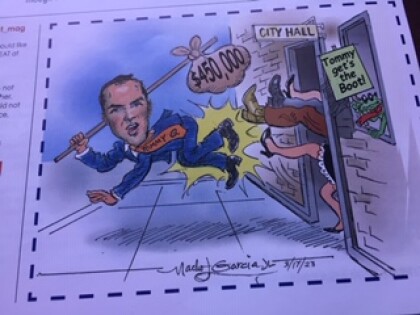

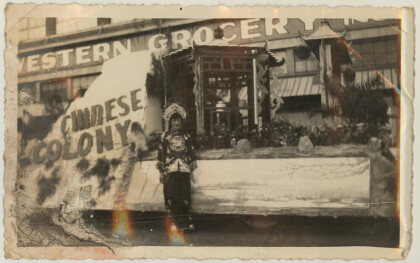



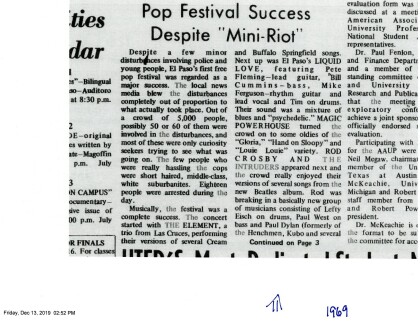
Comments
Add a comment